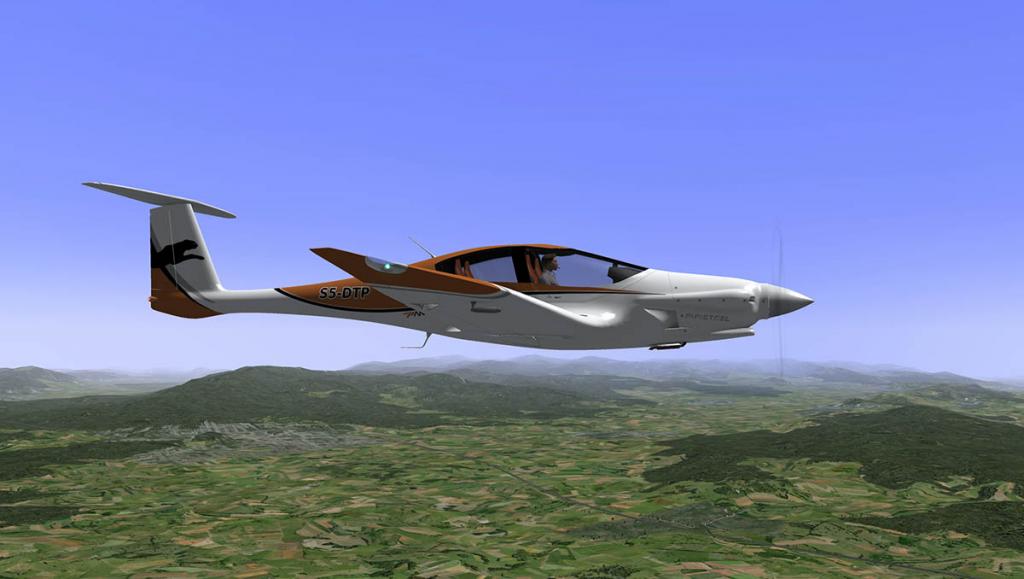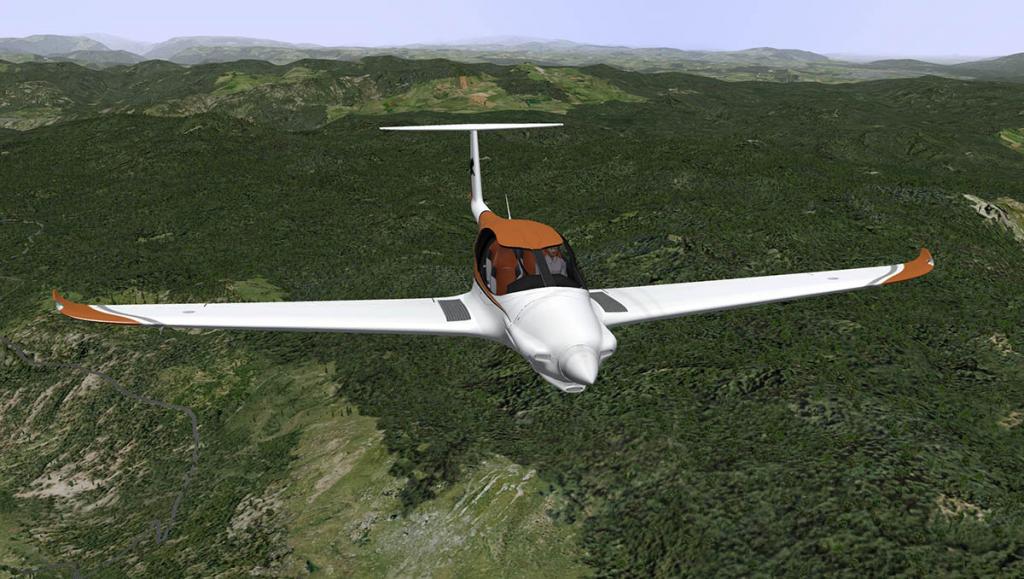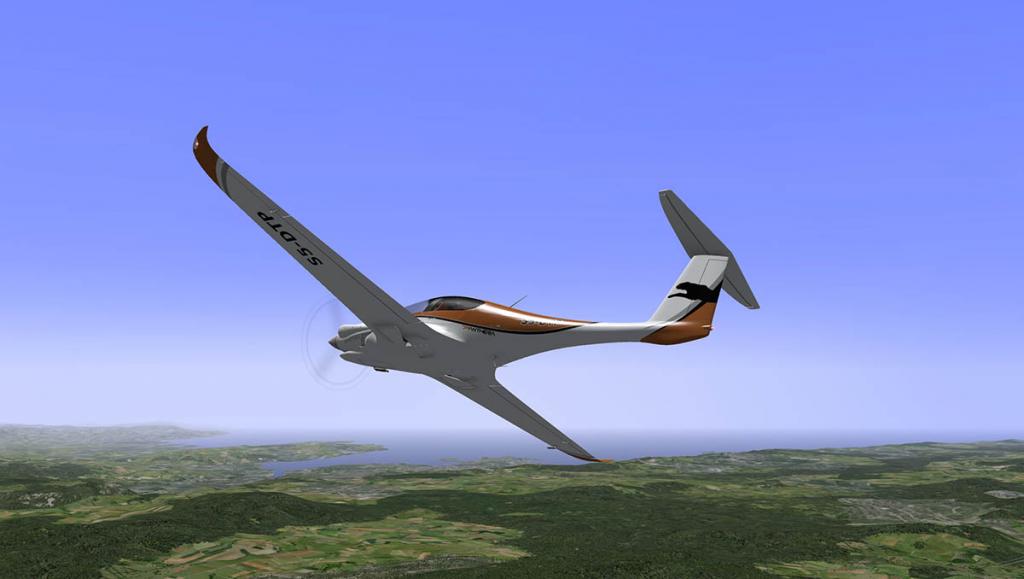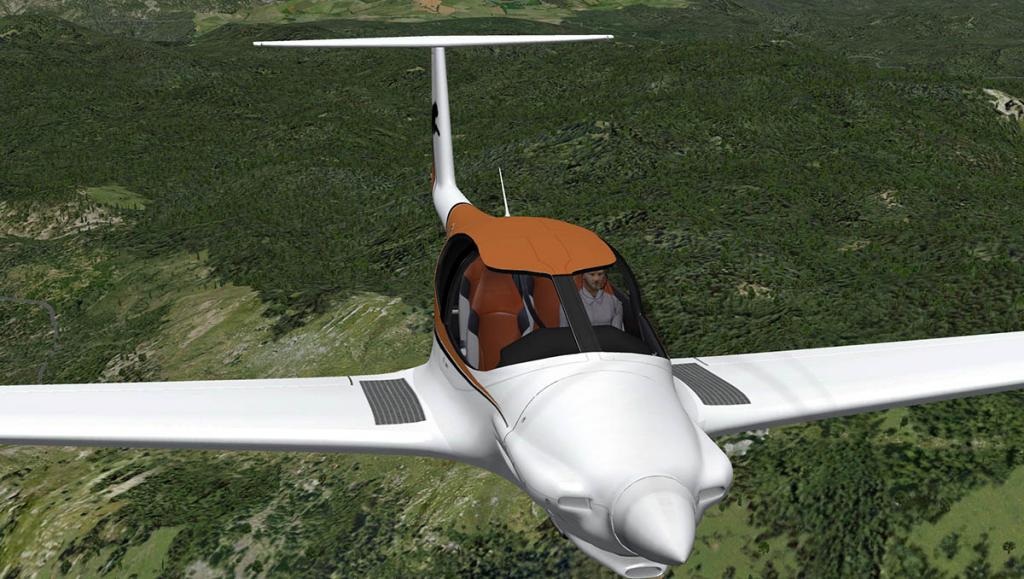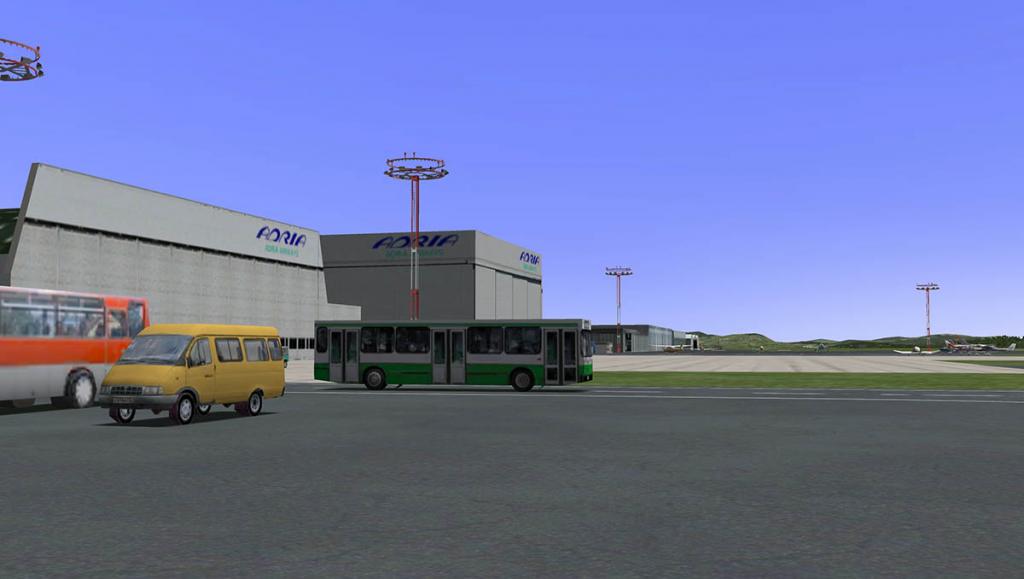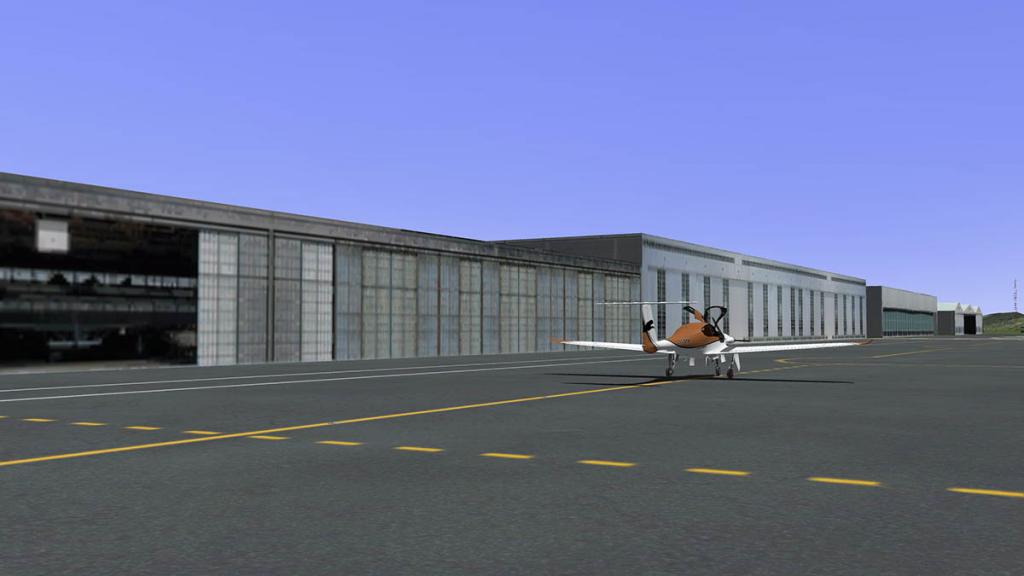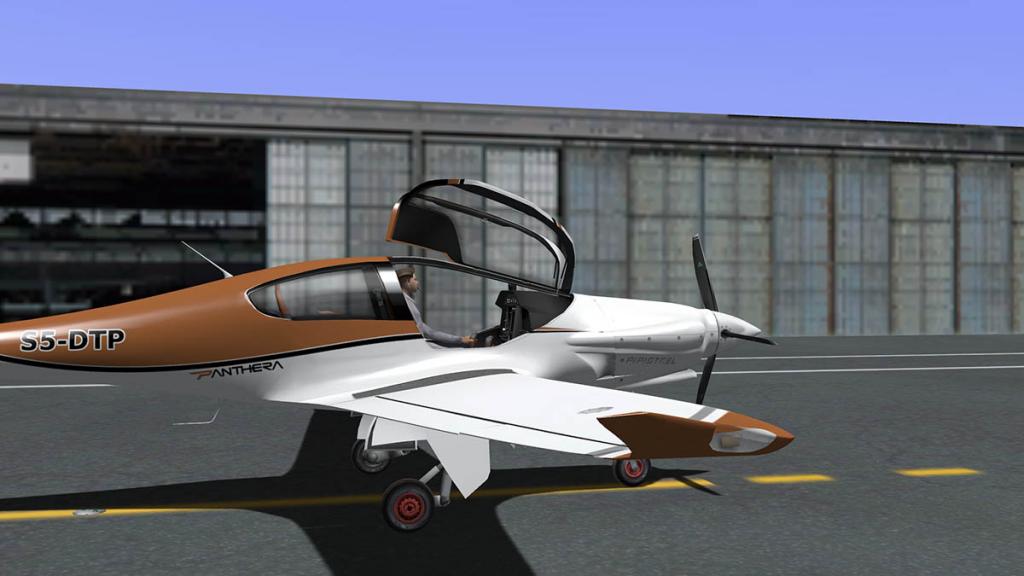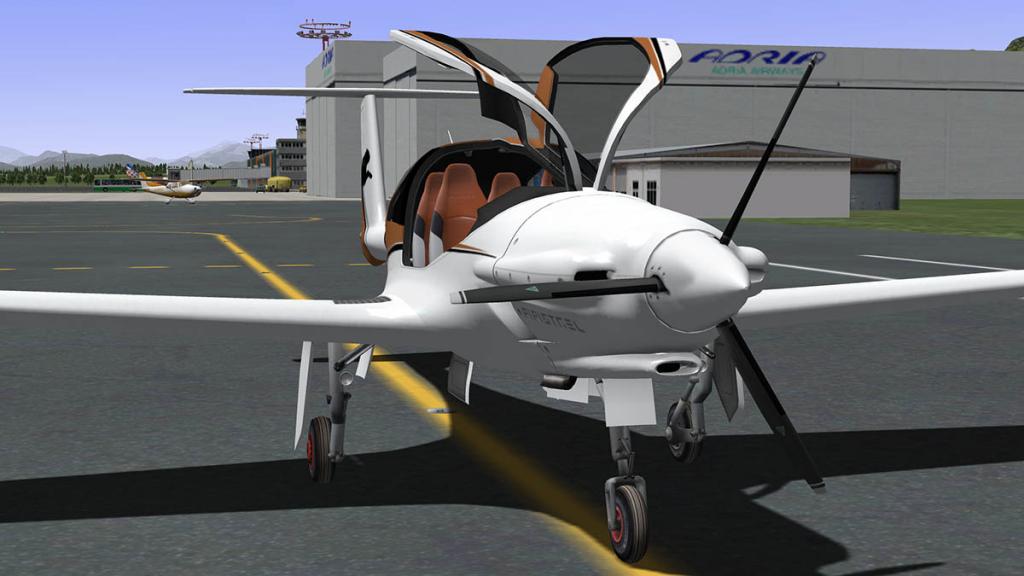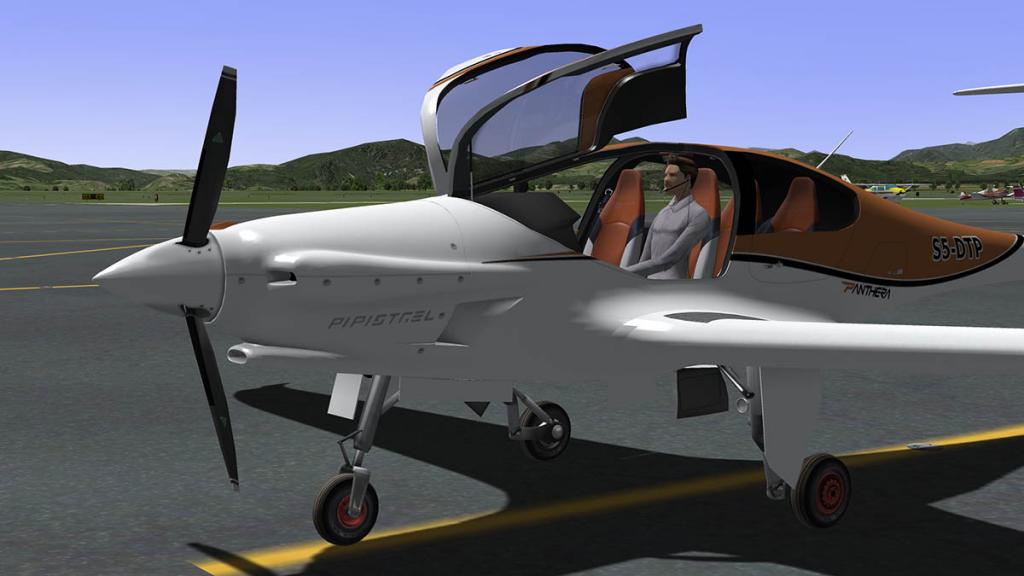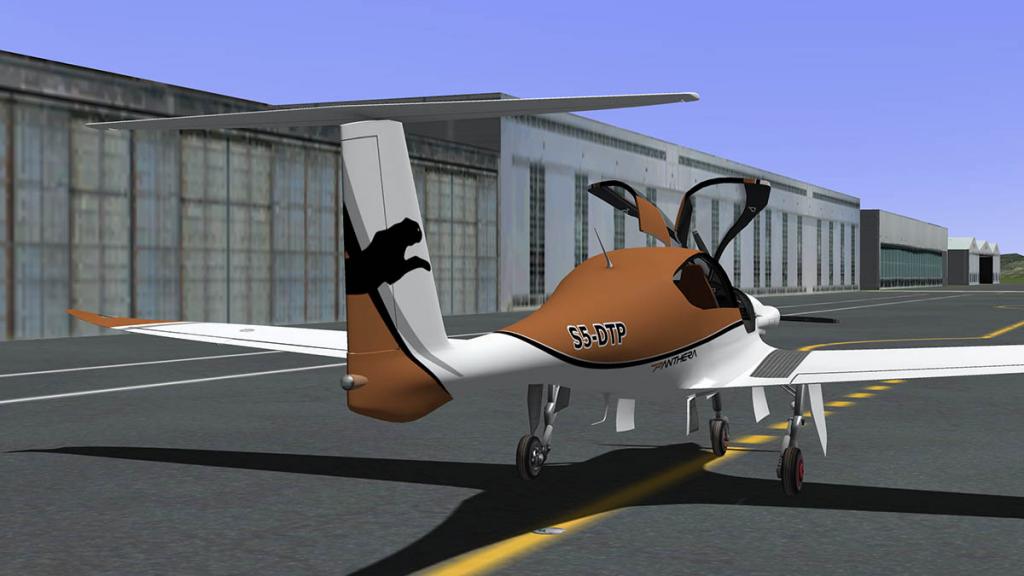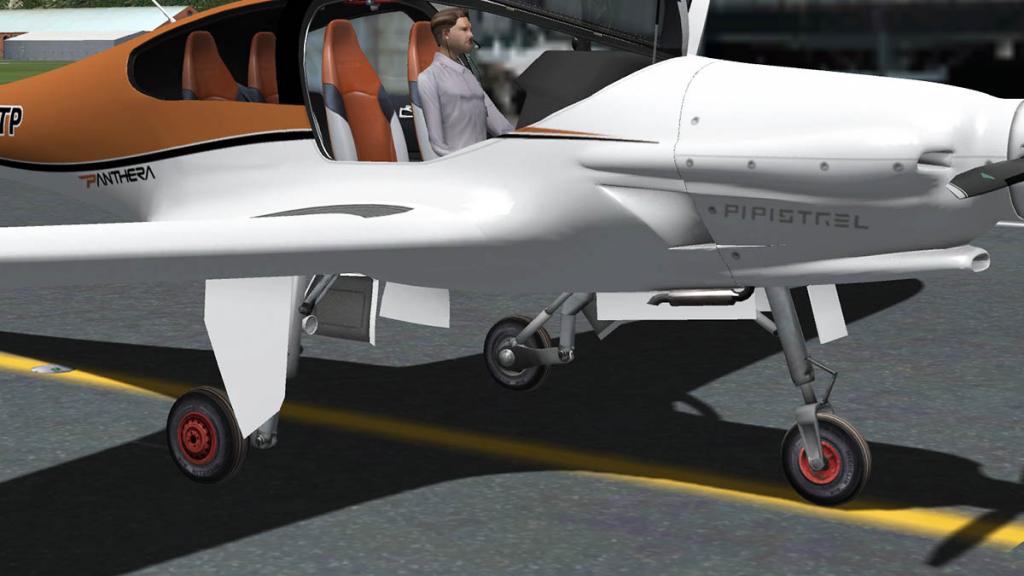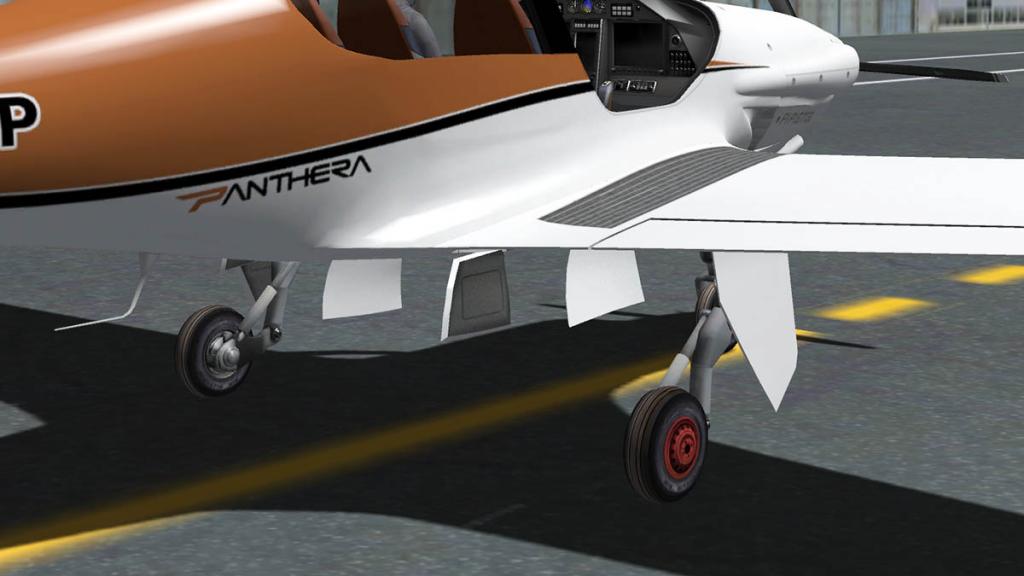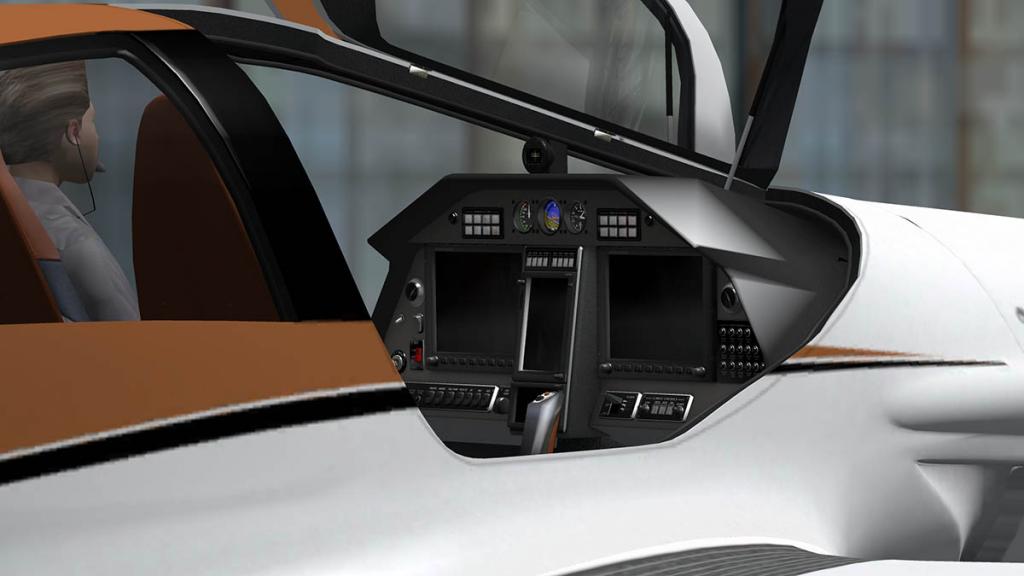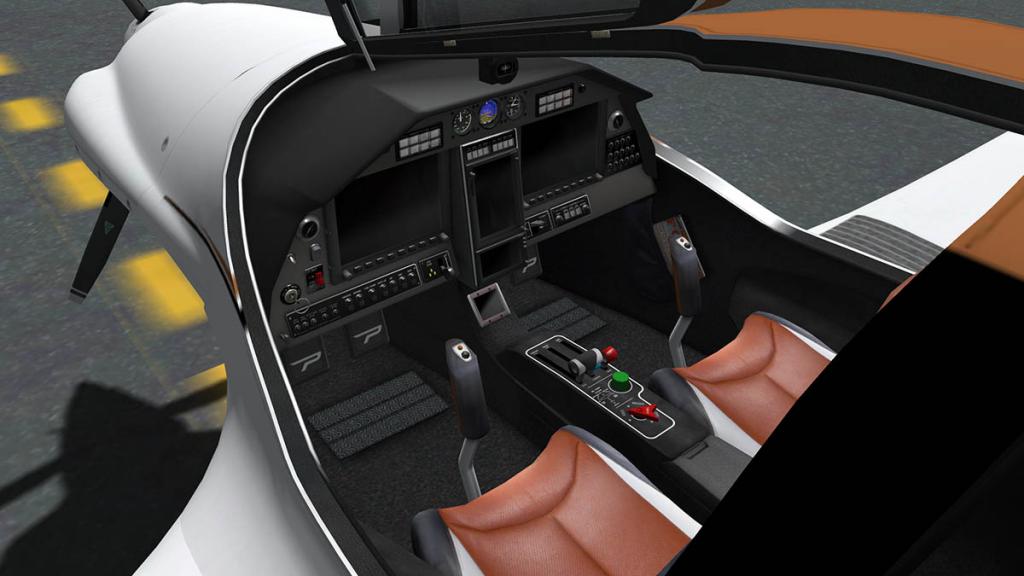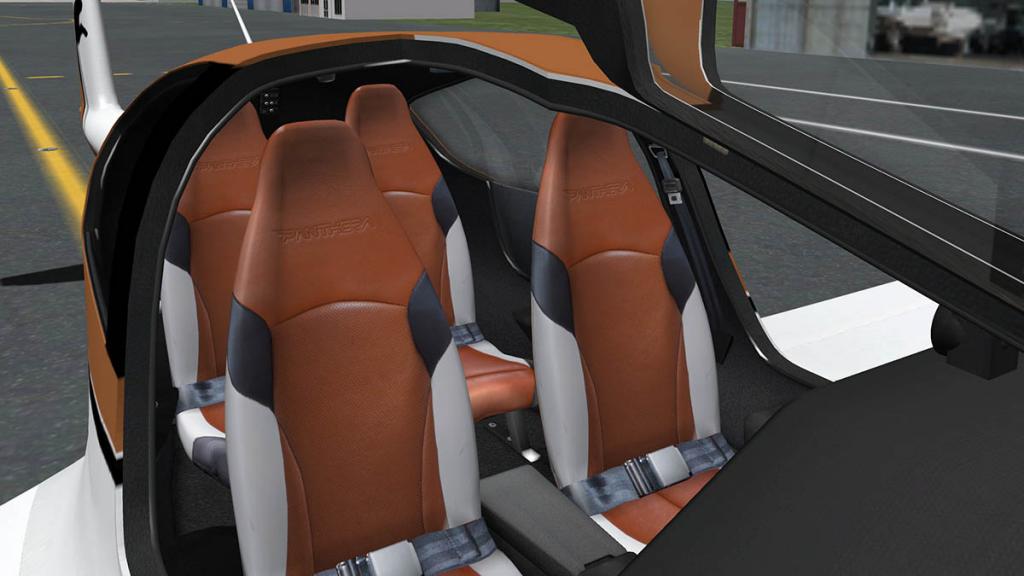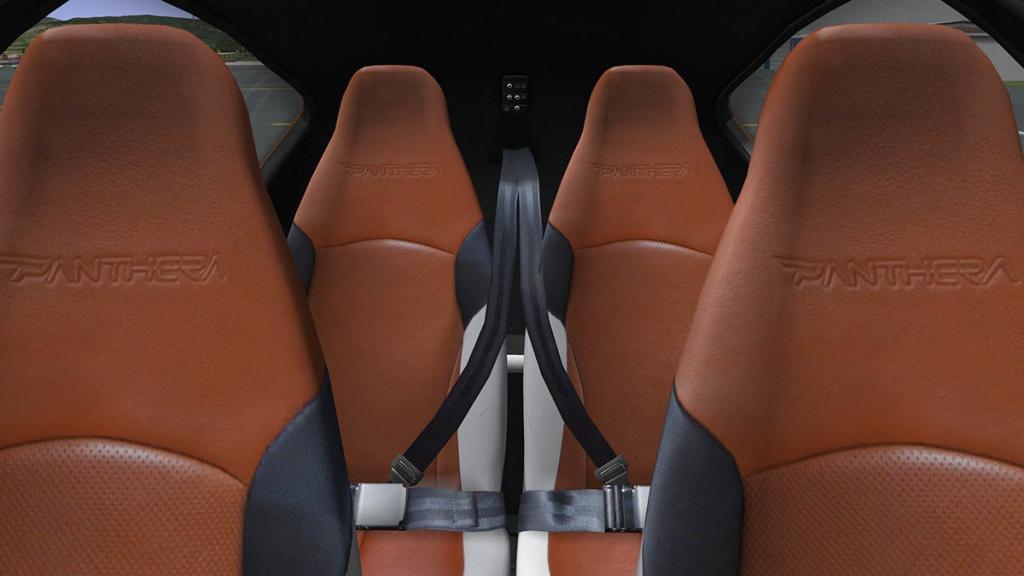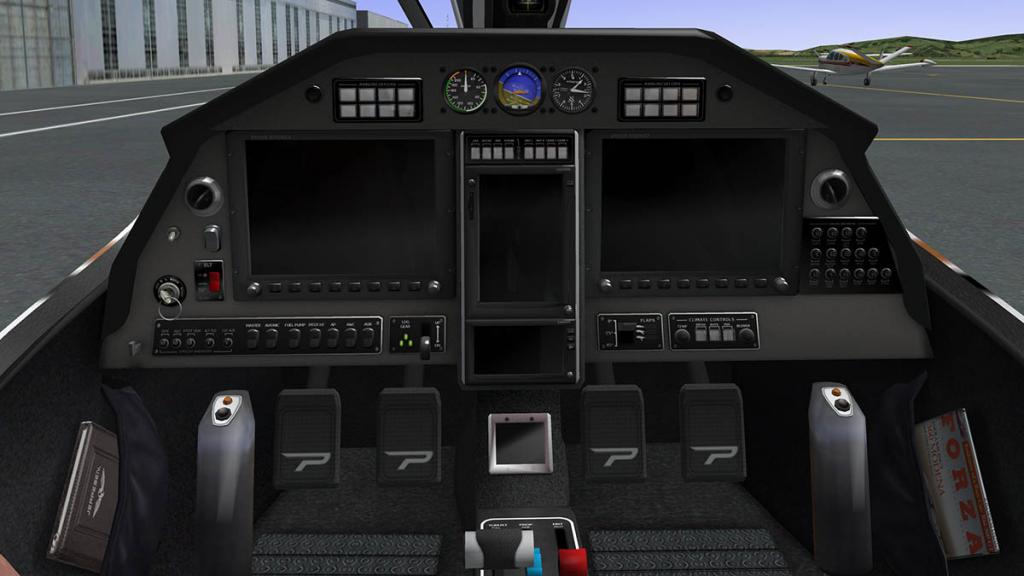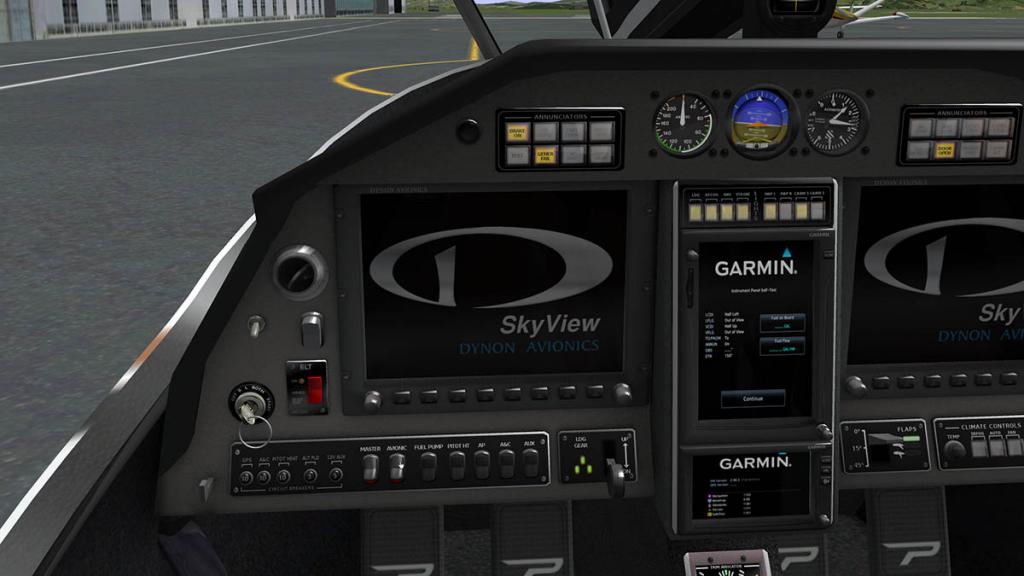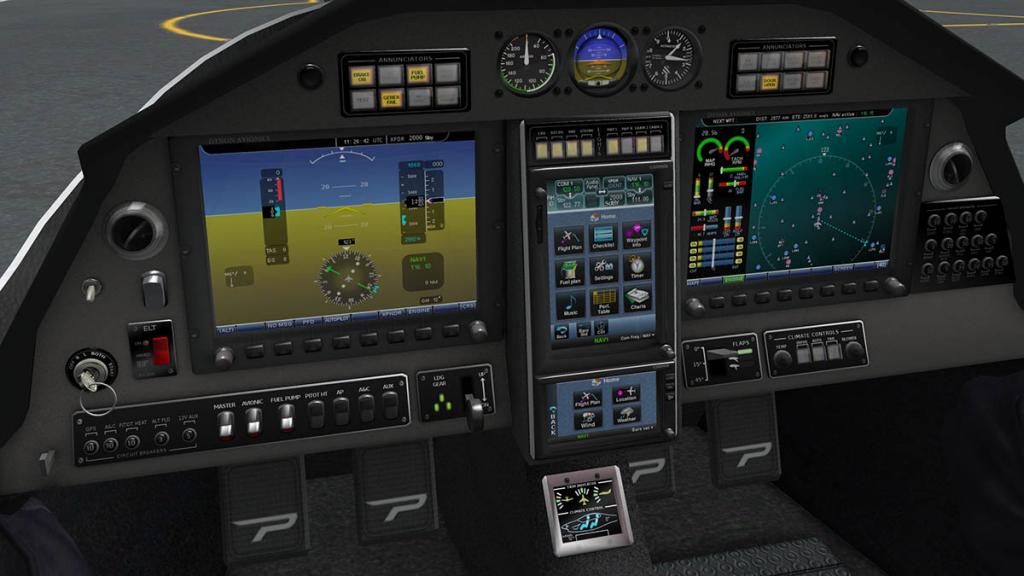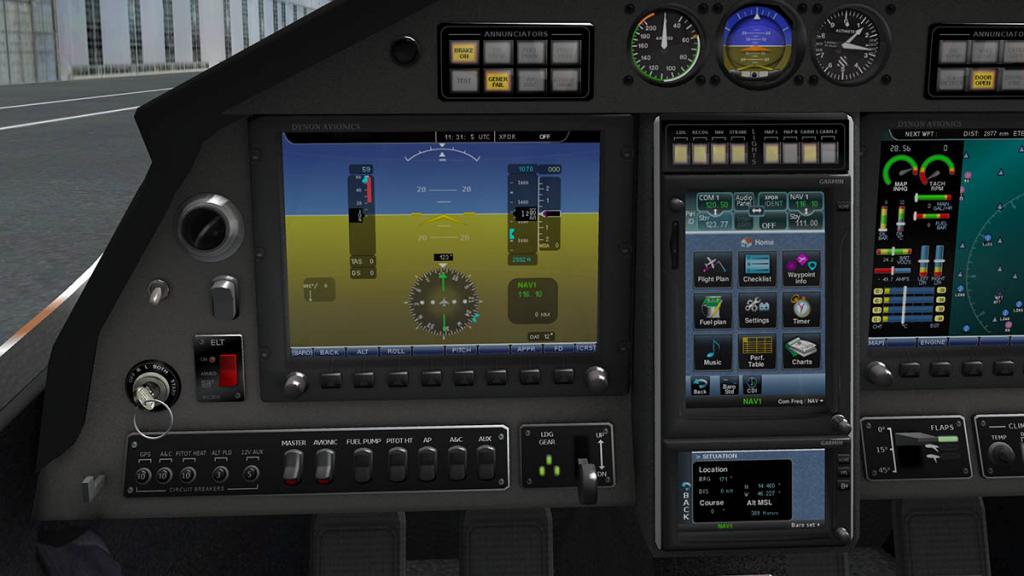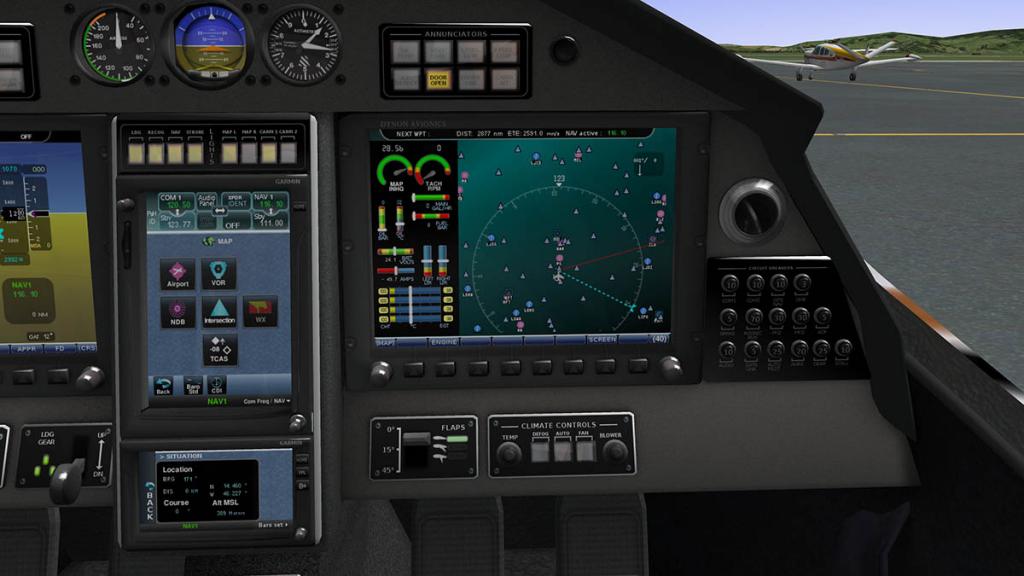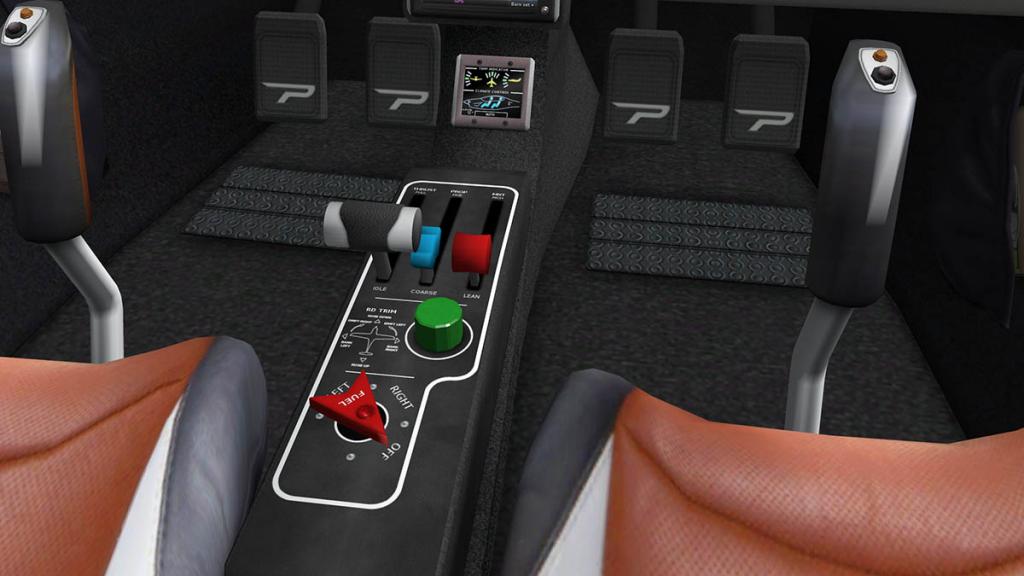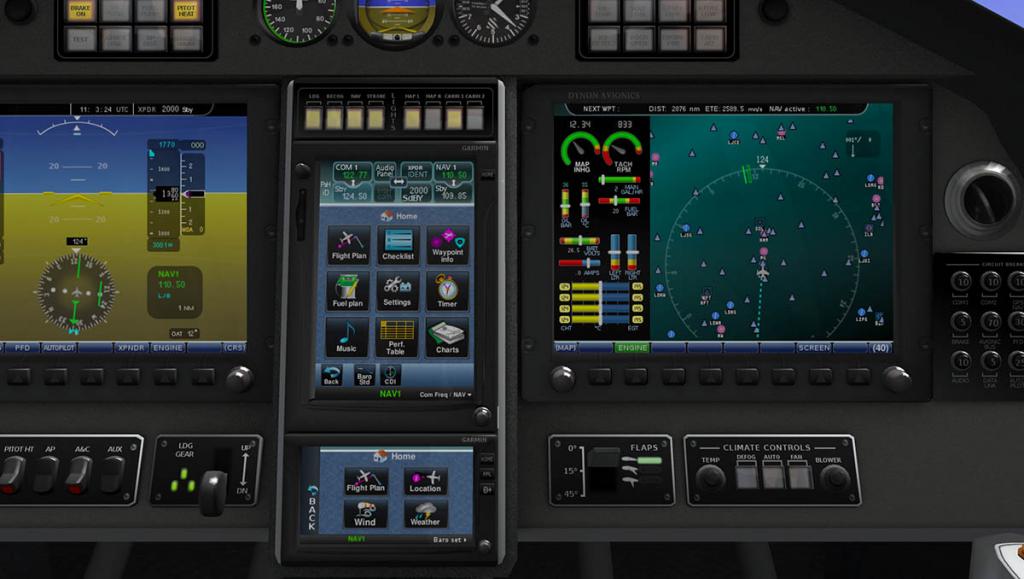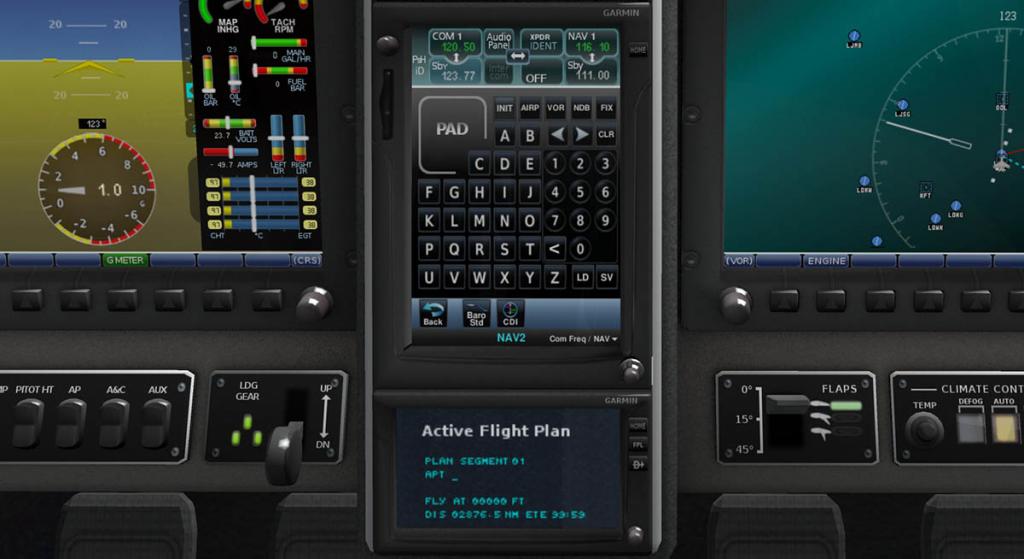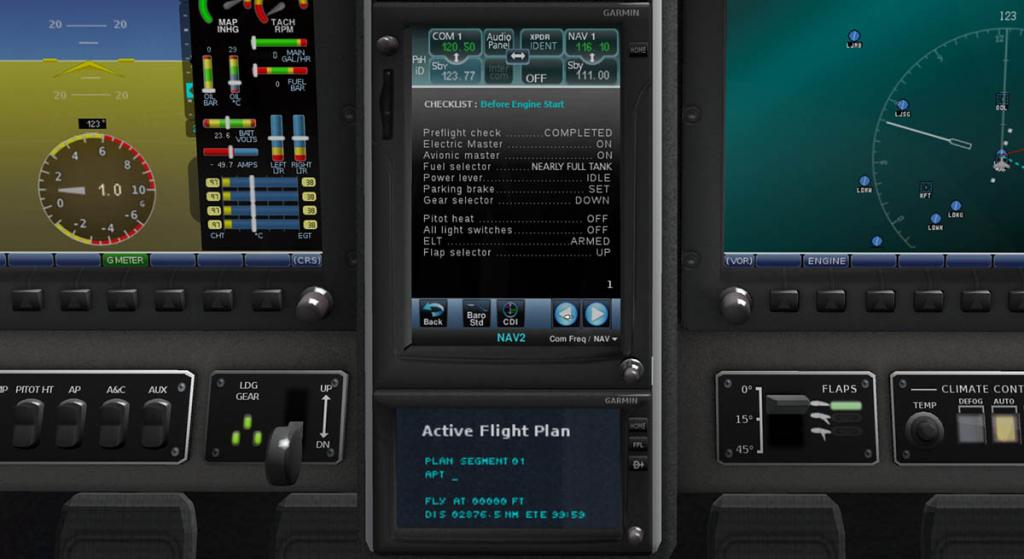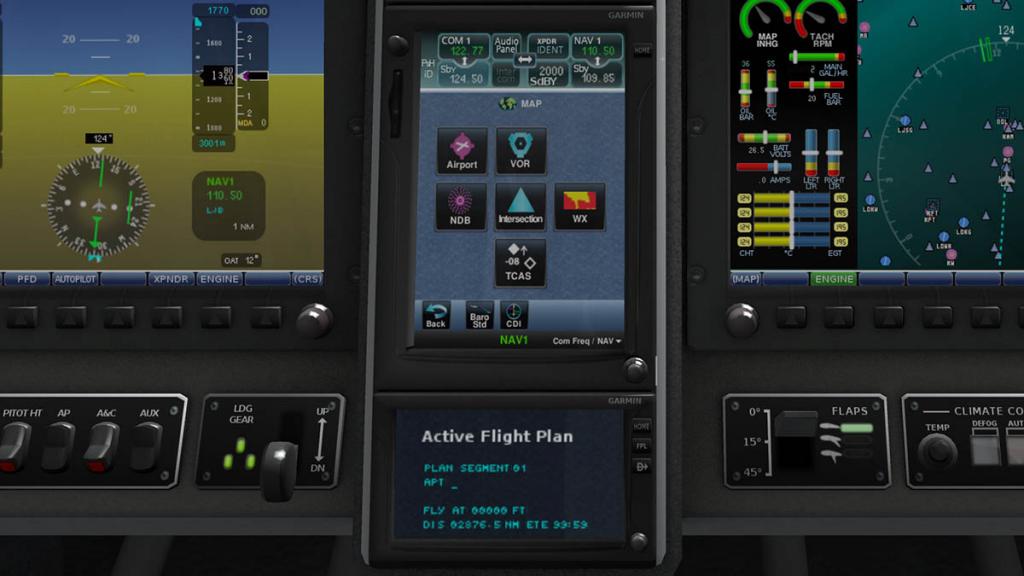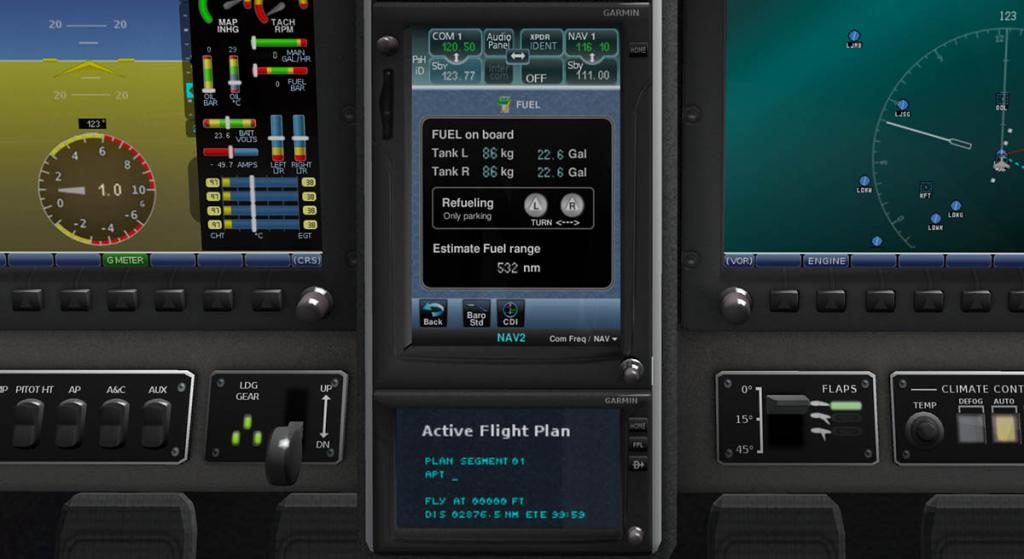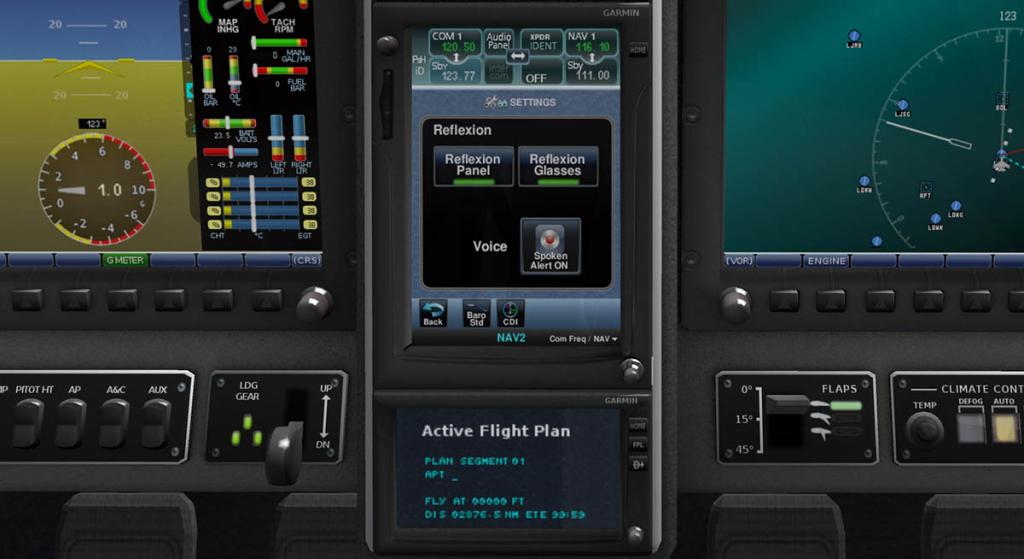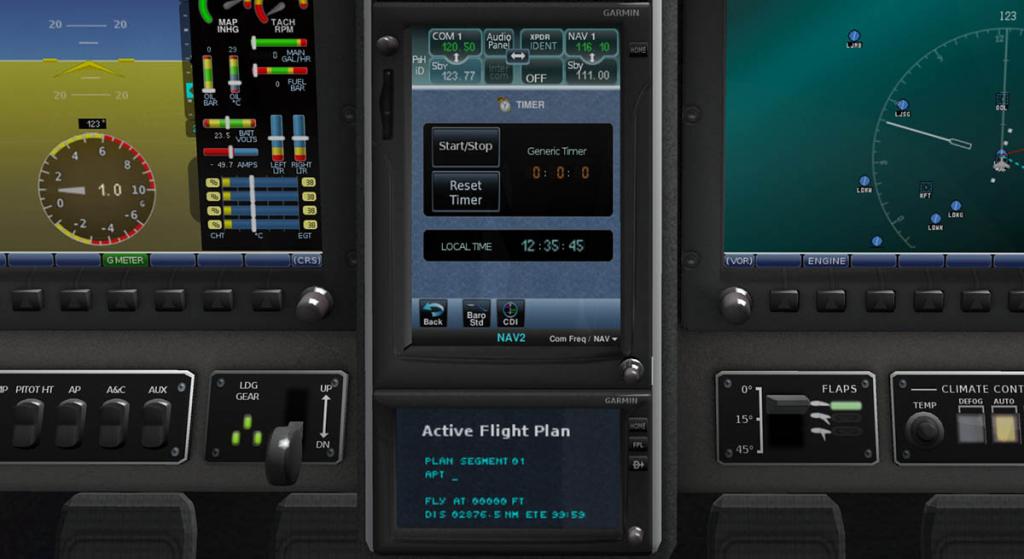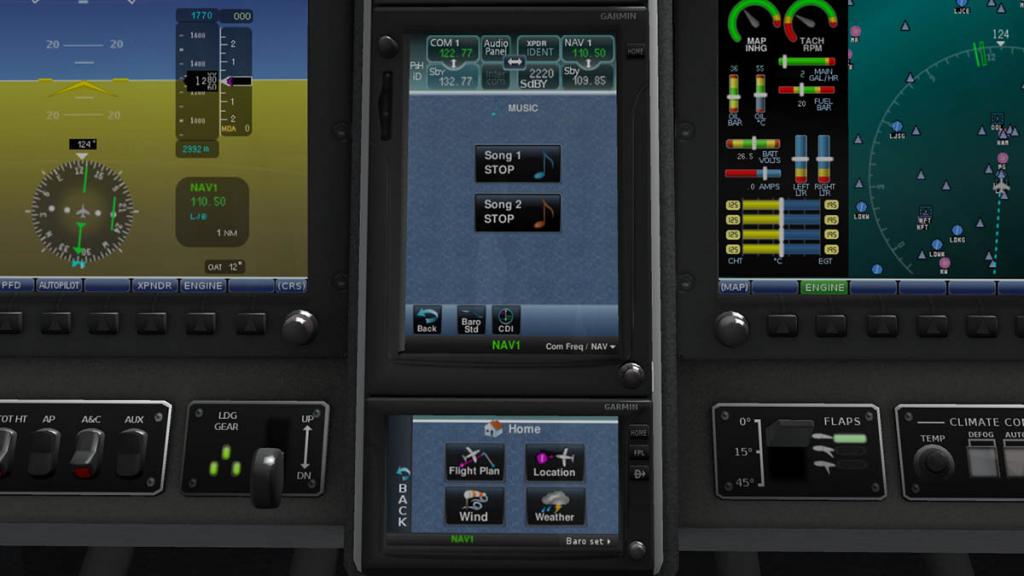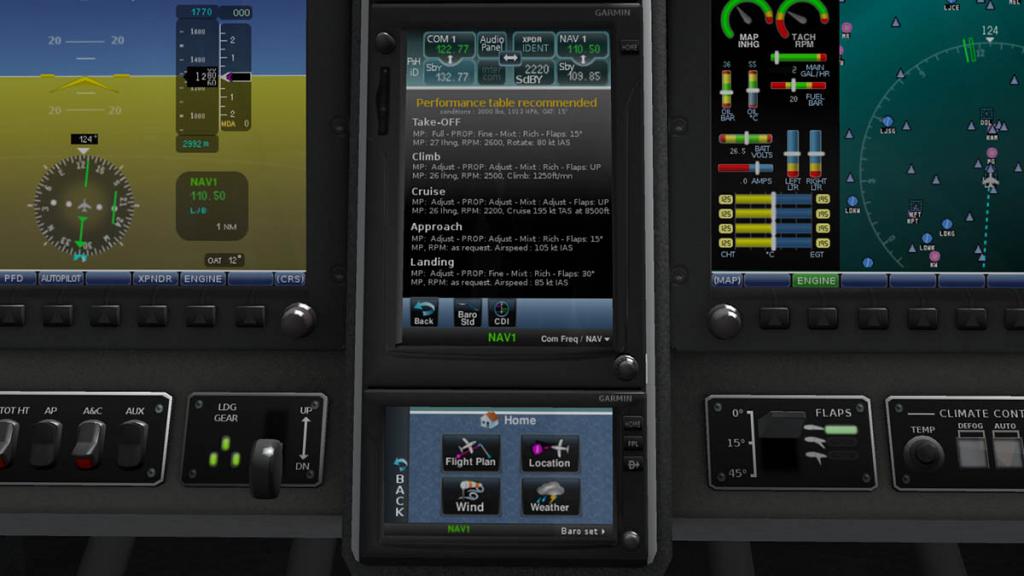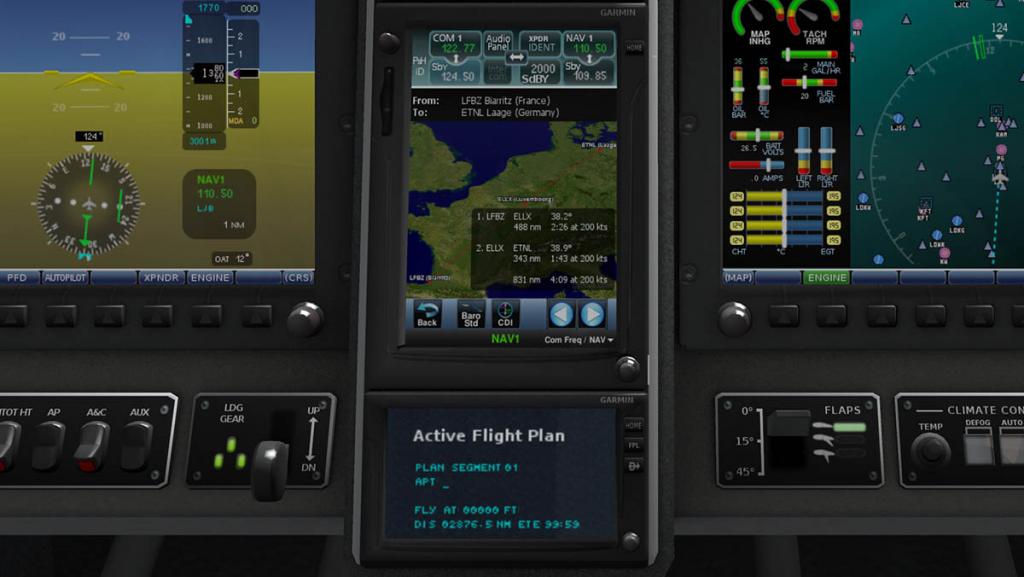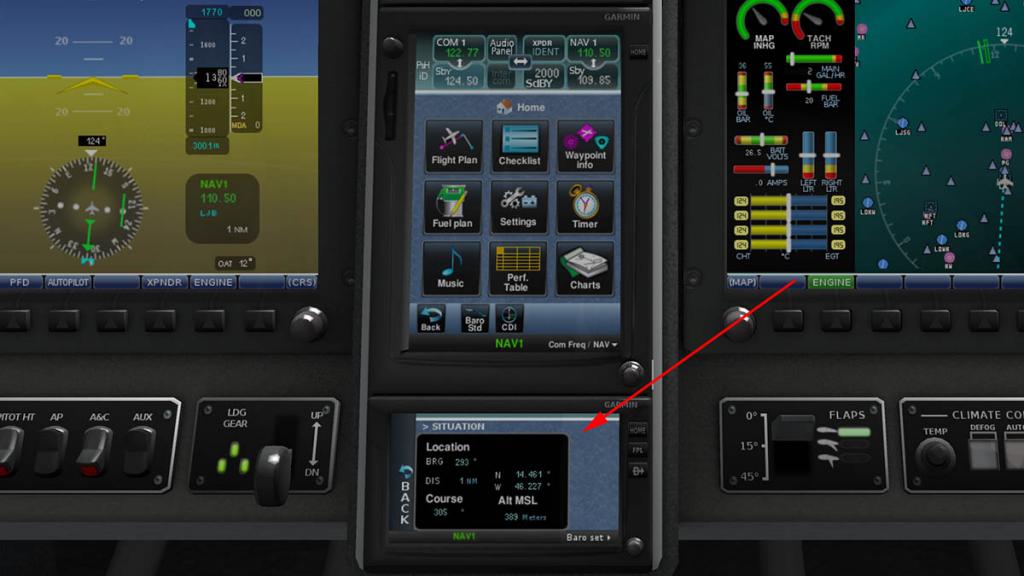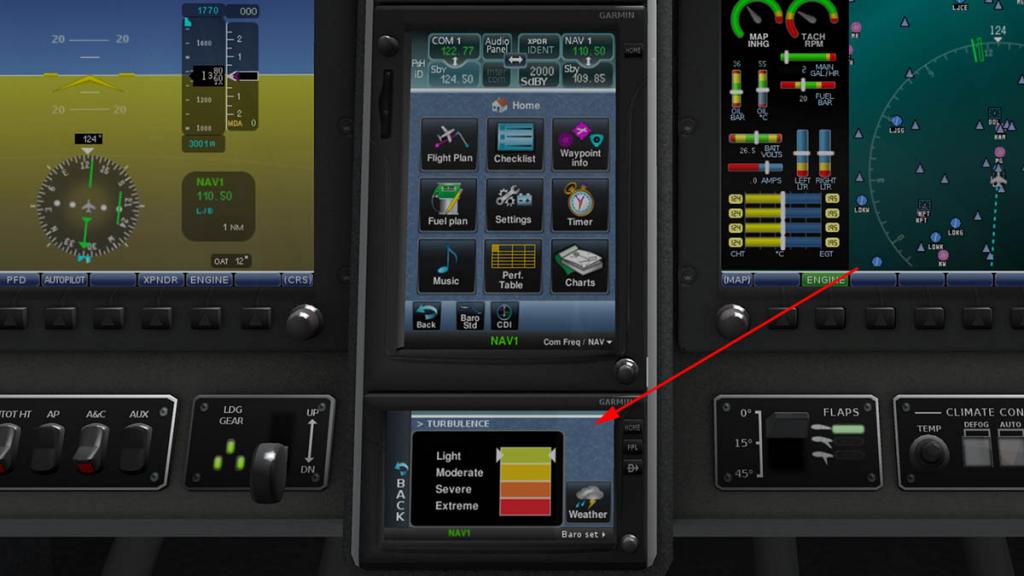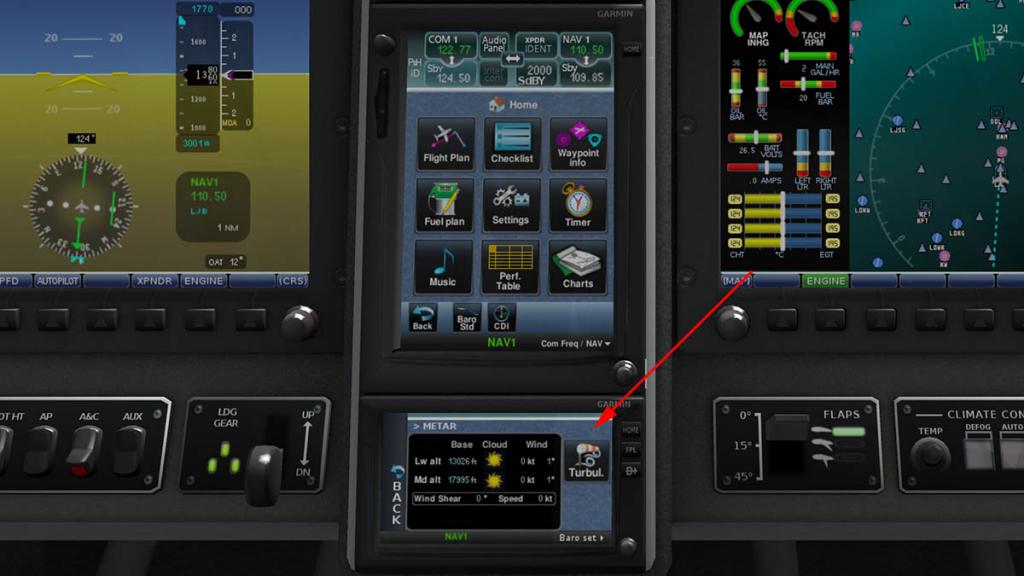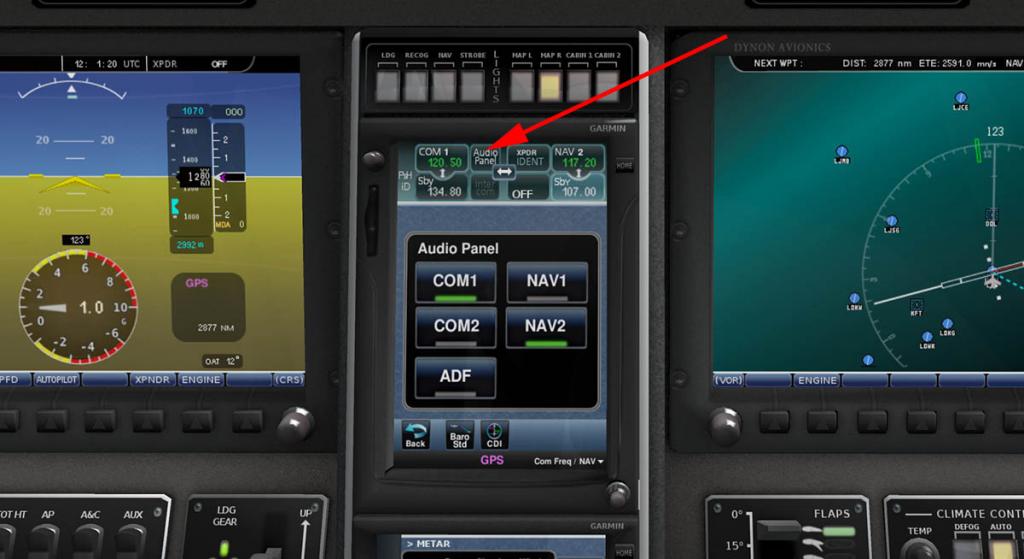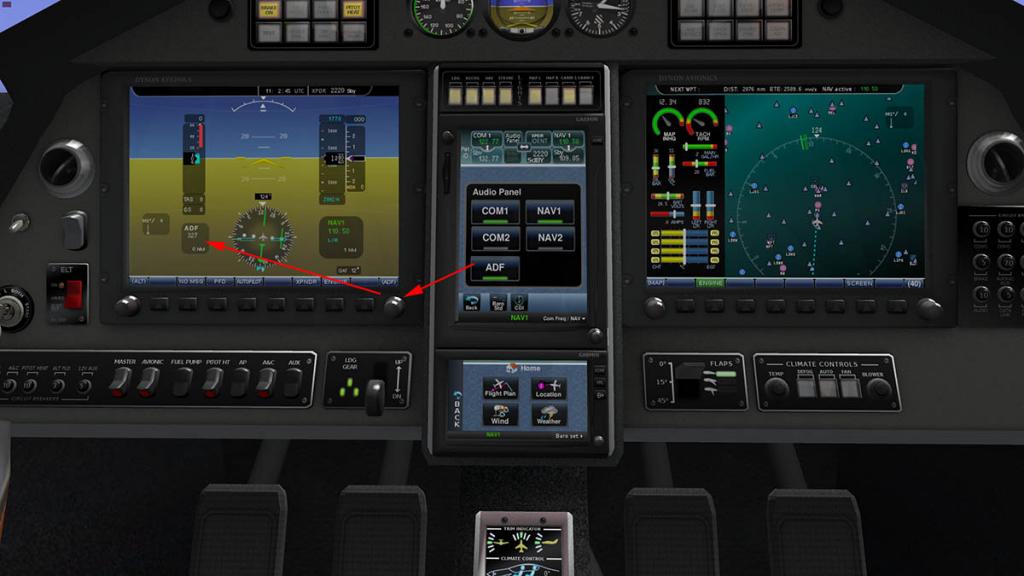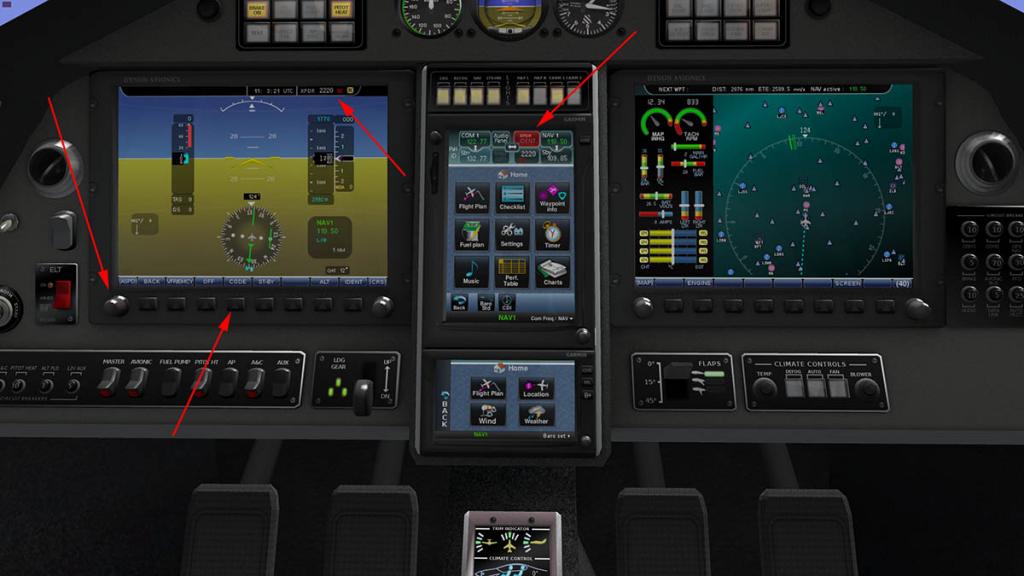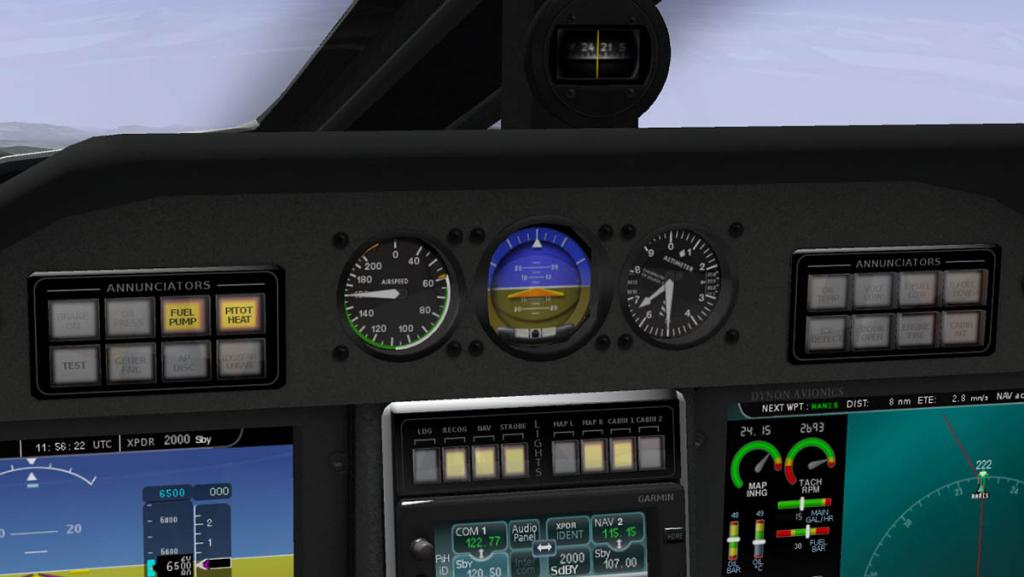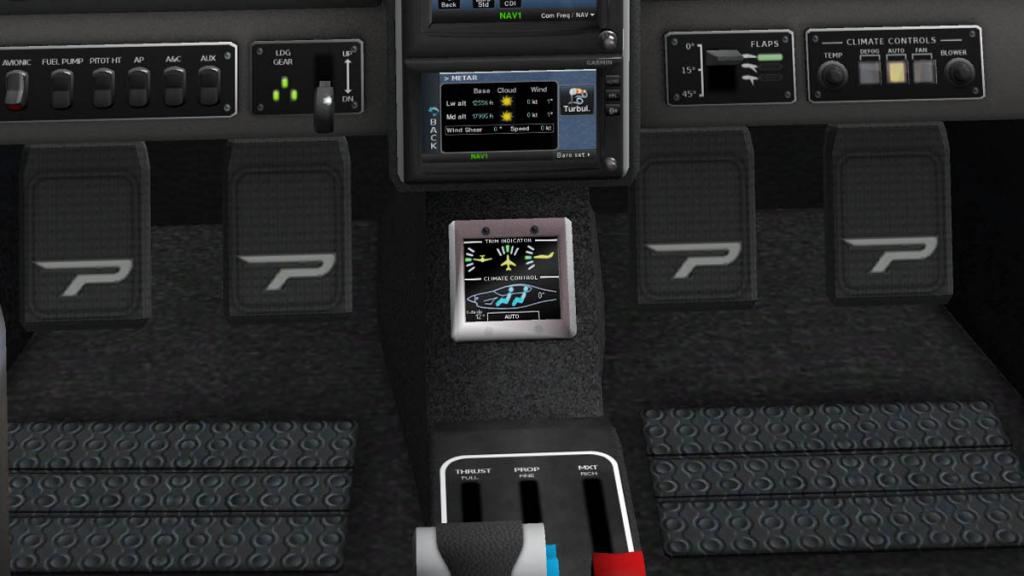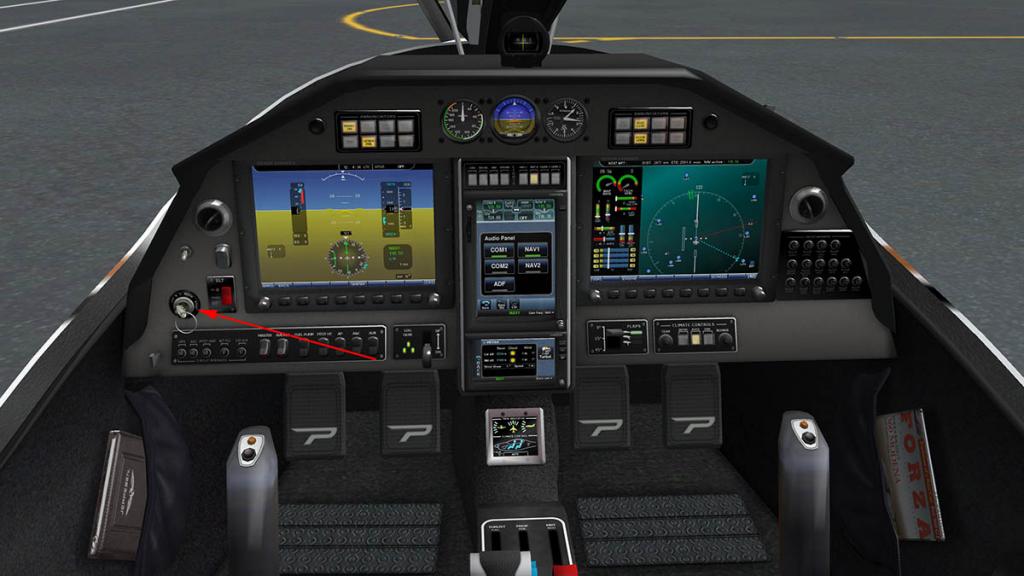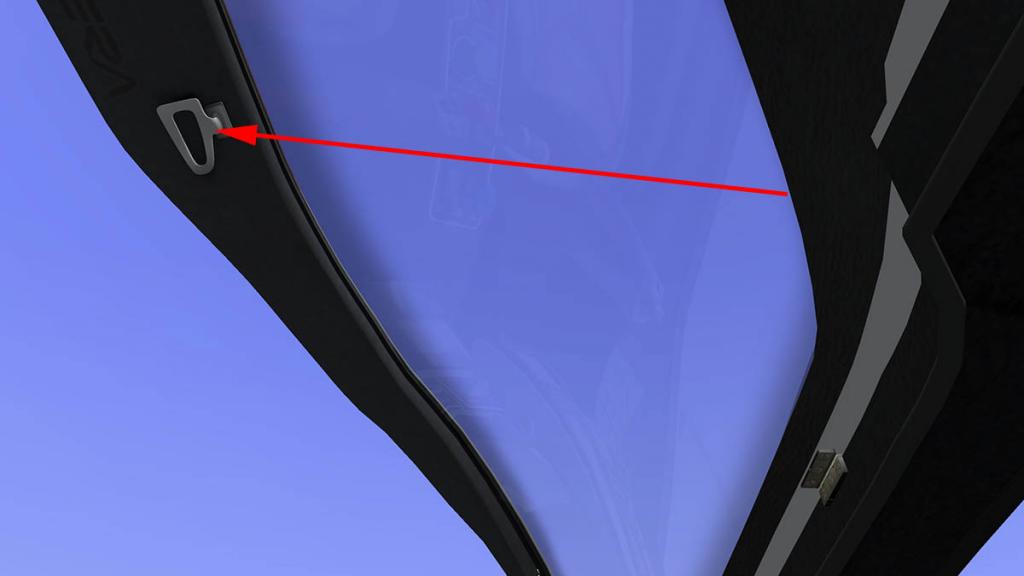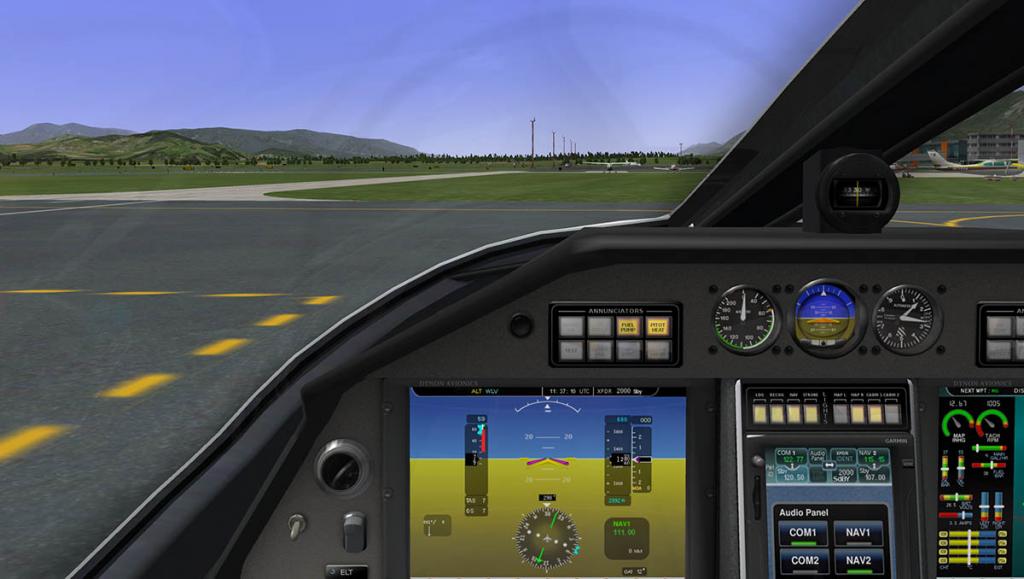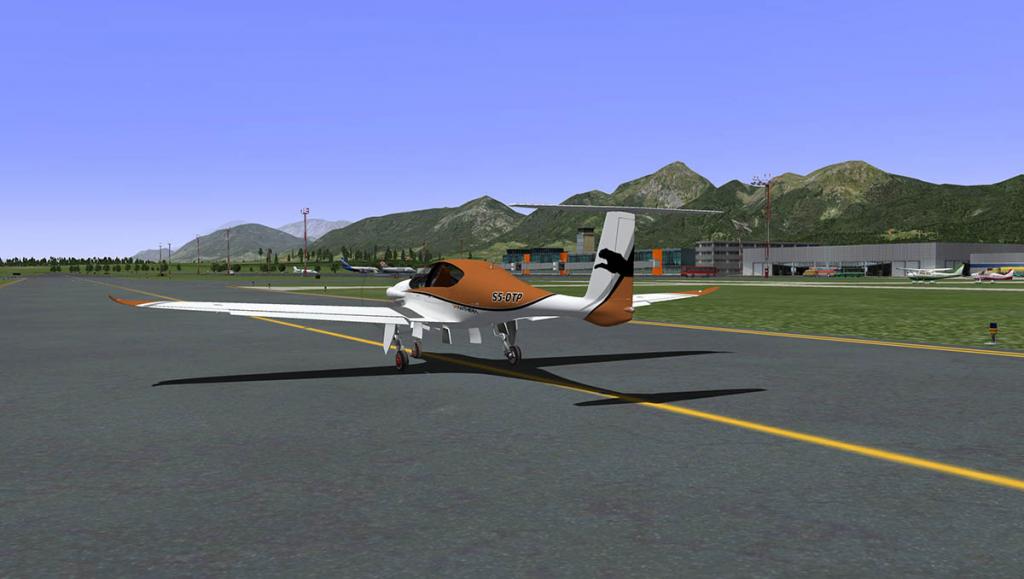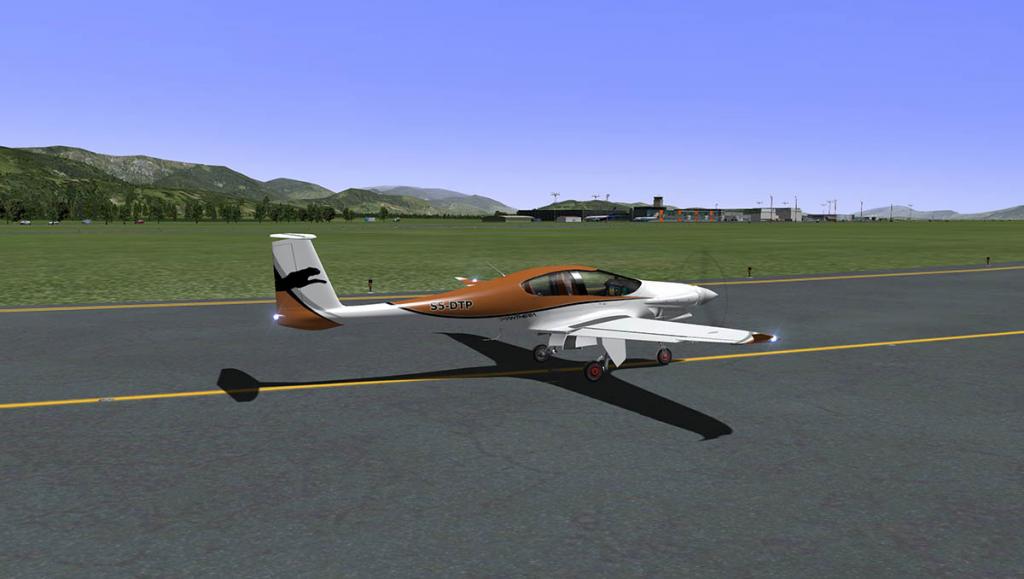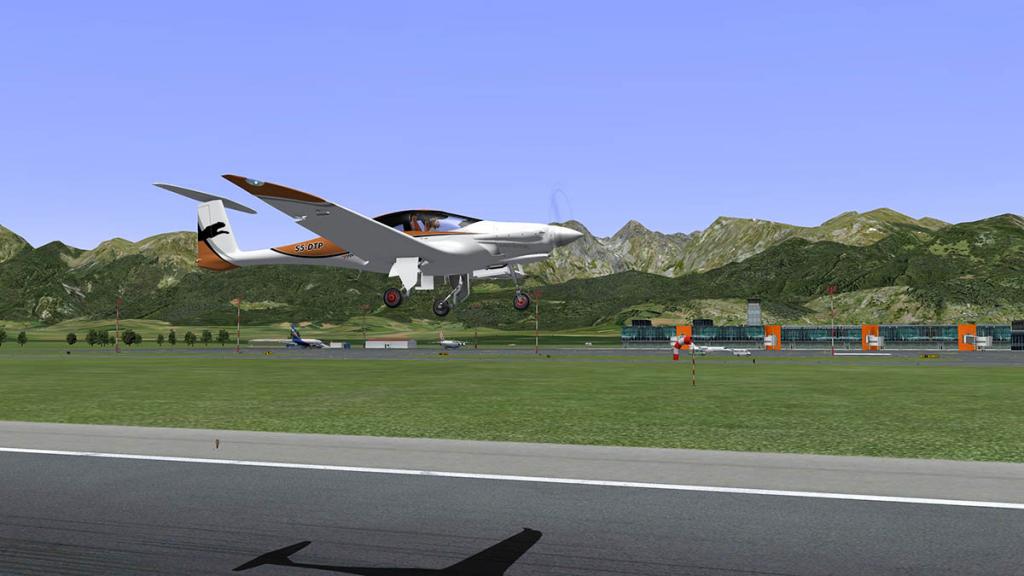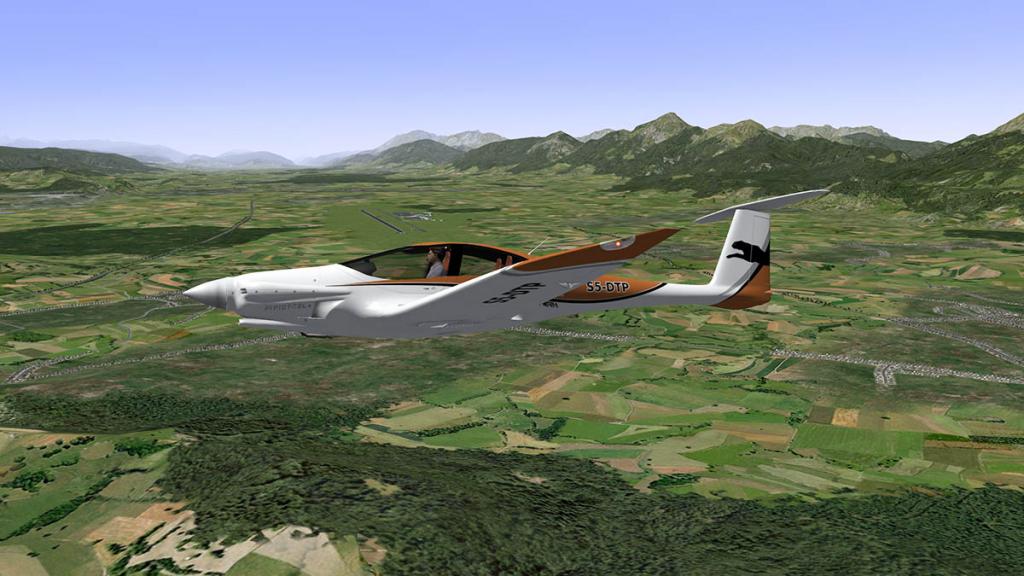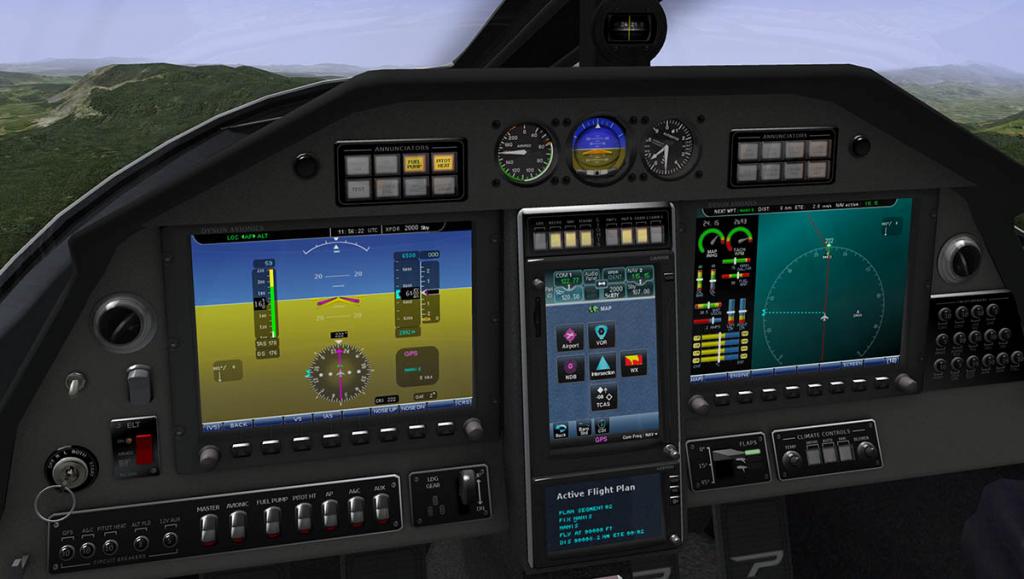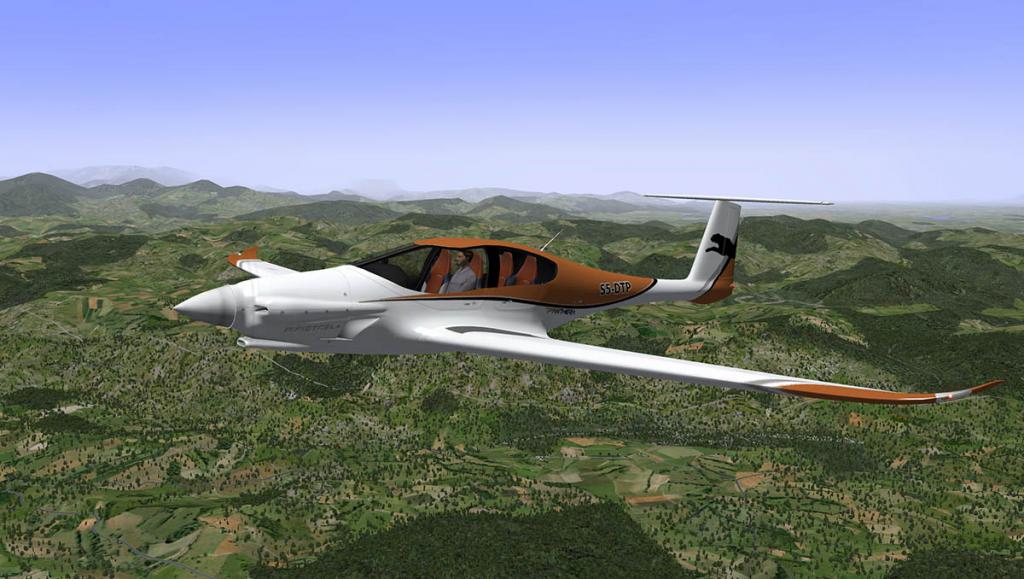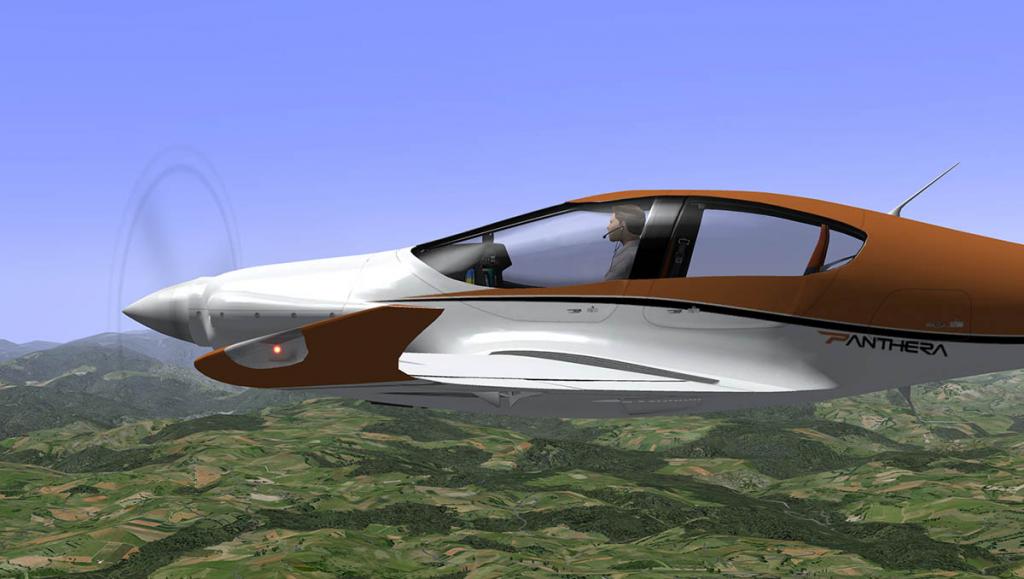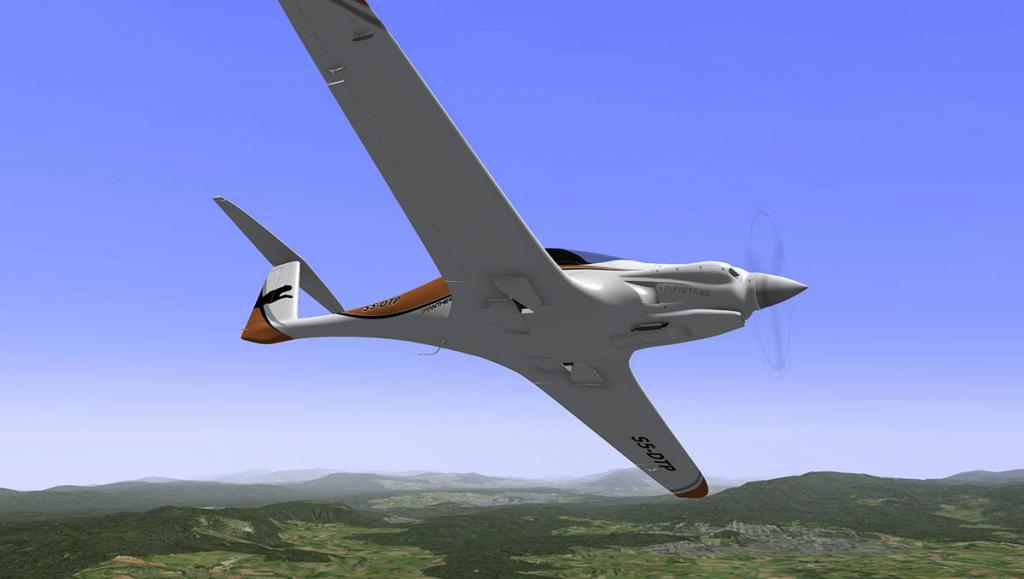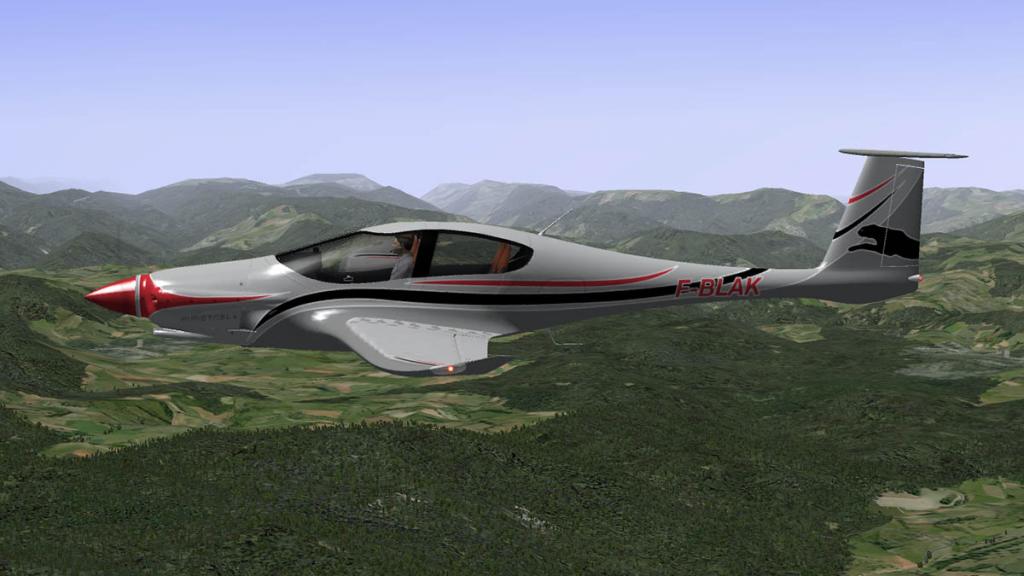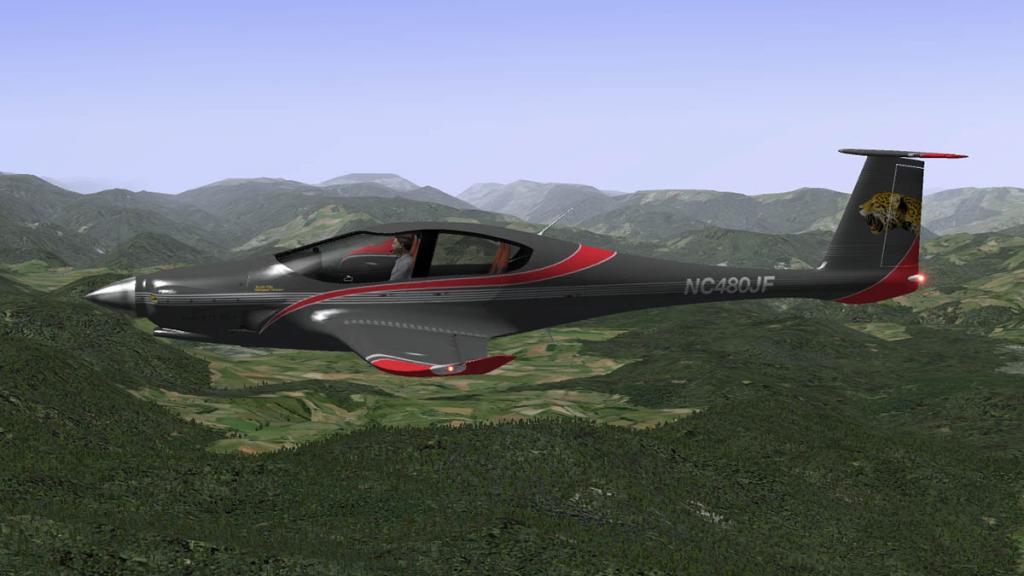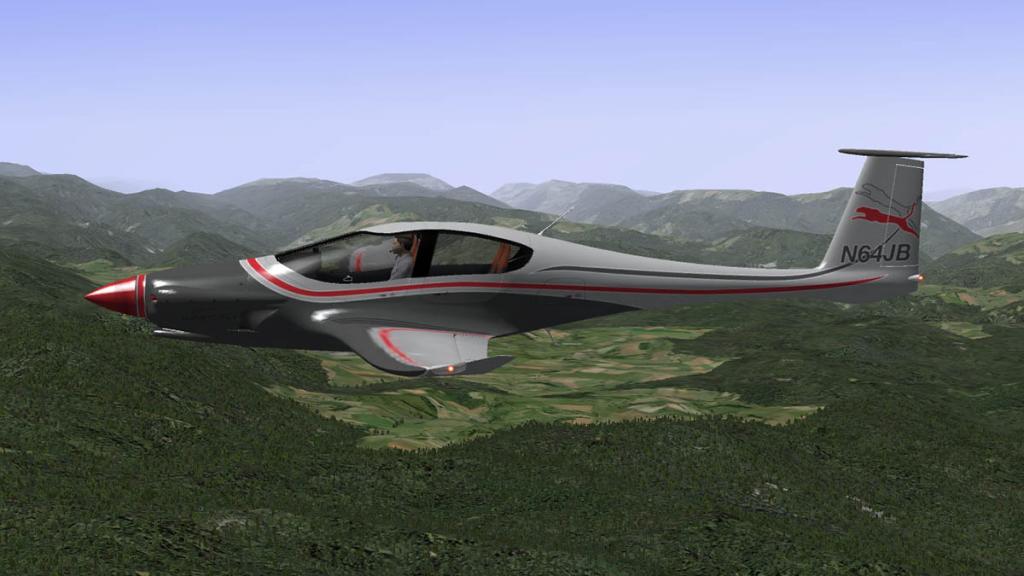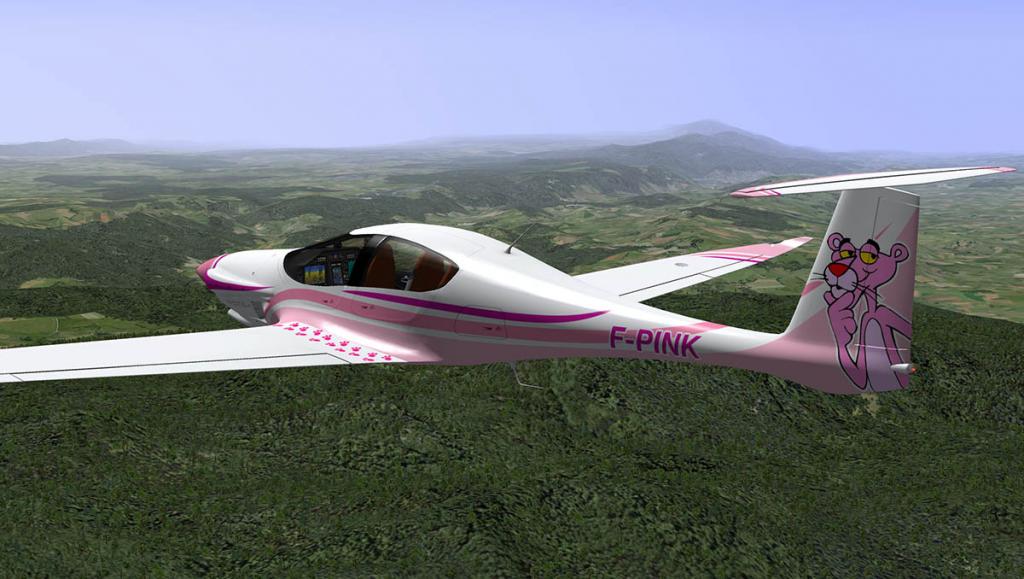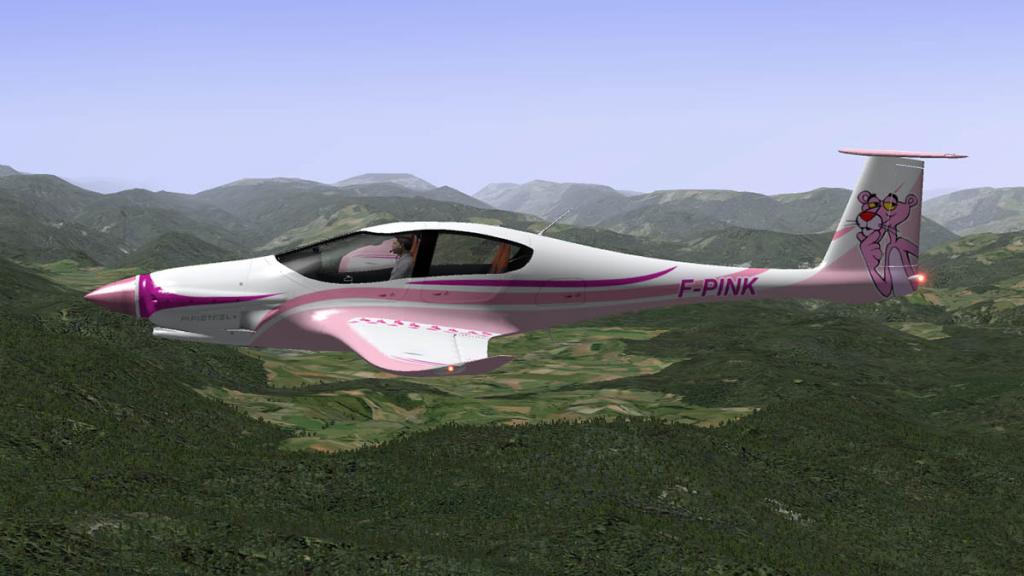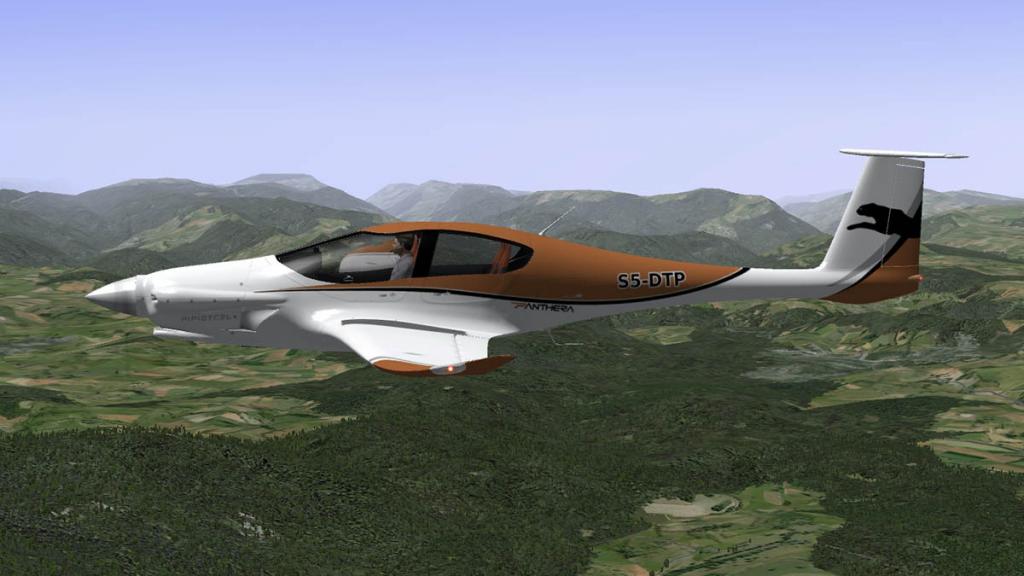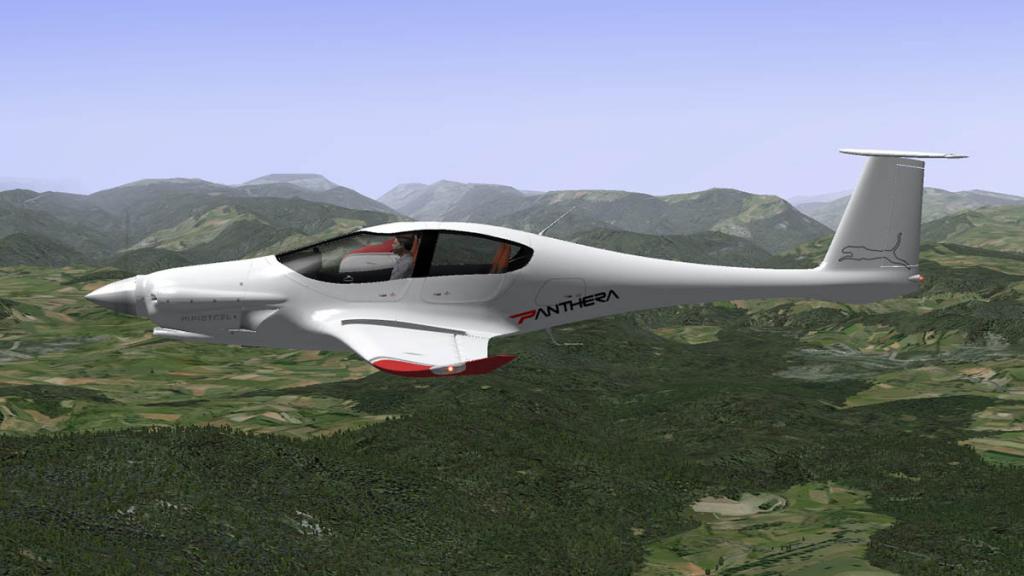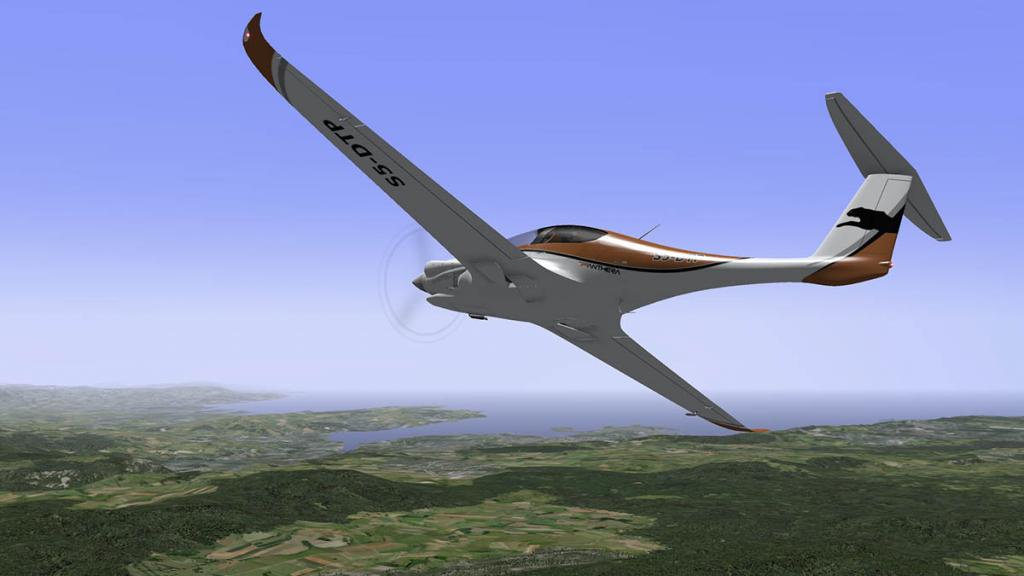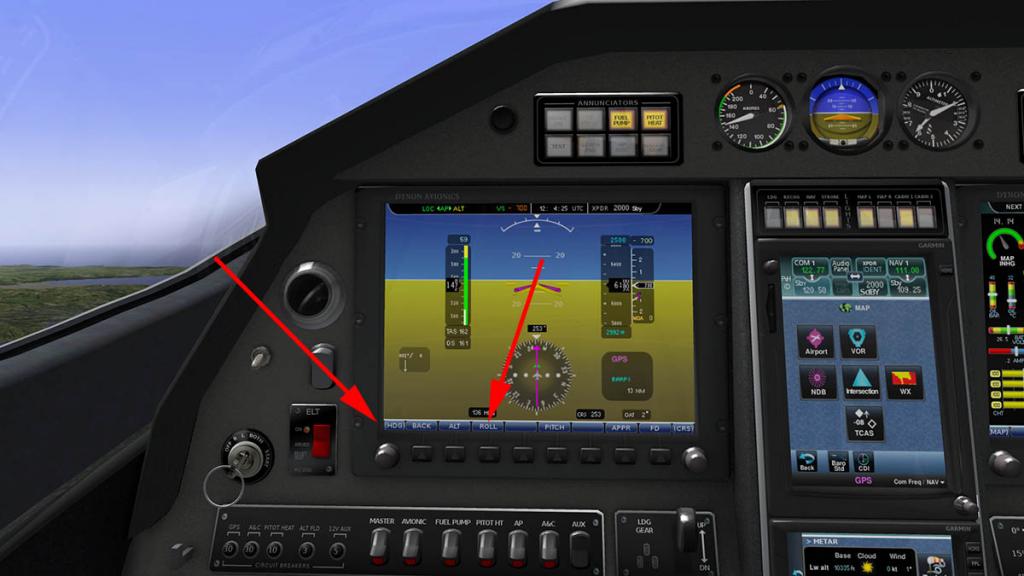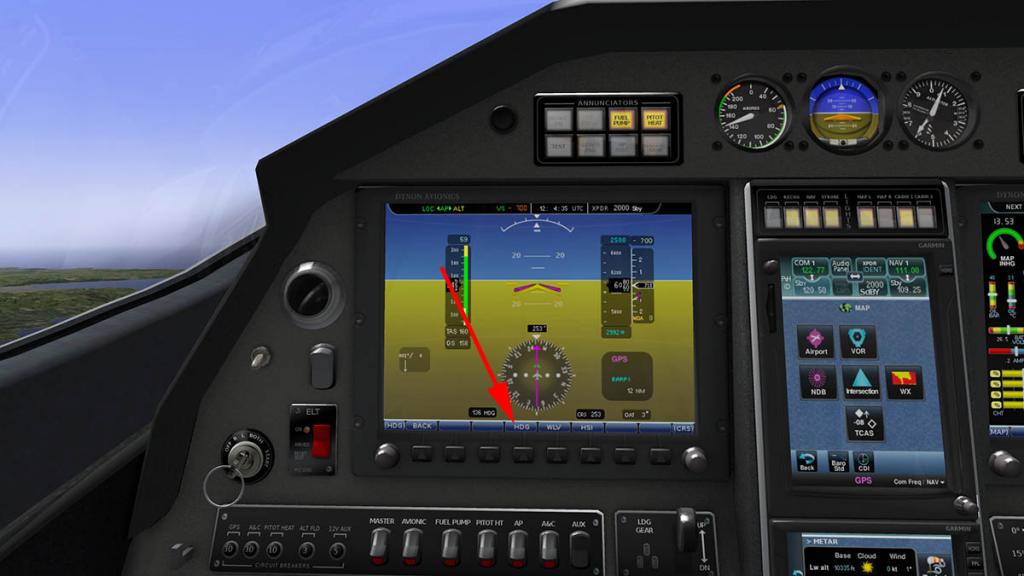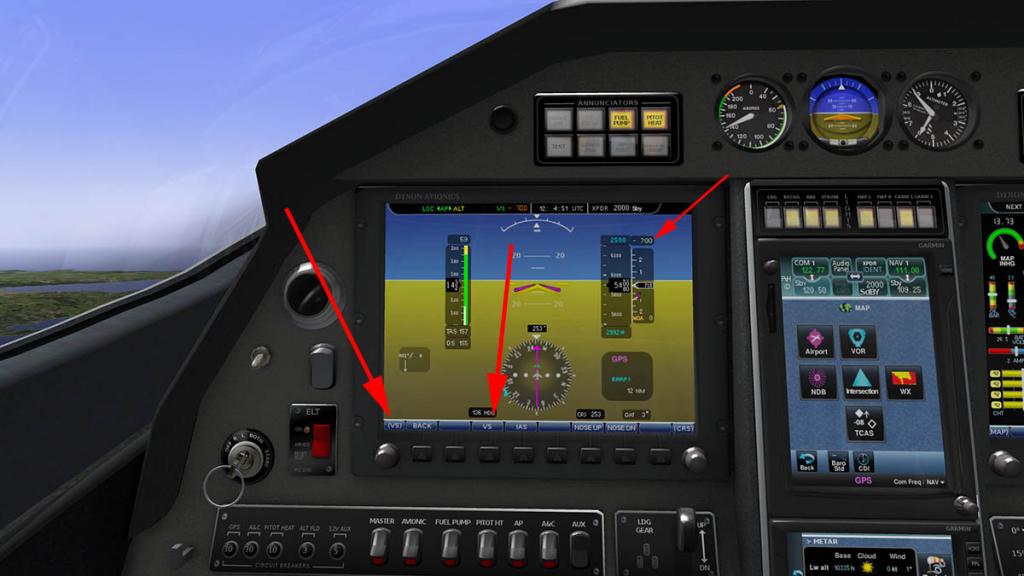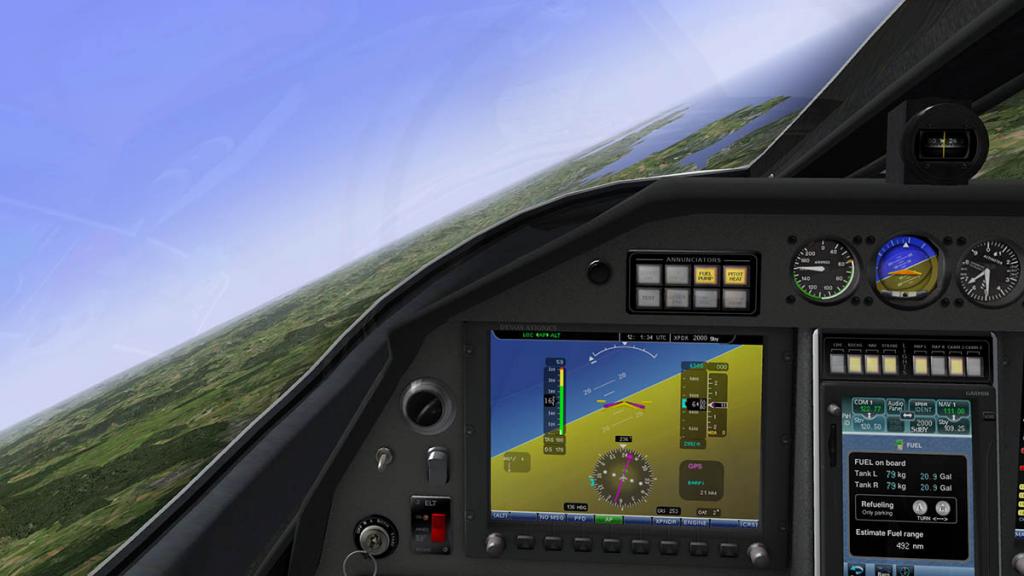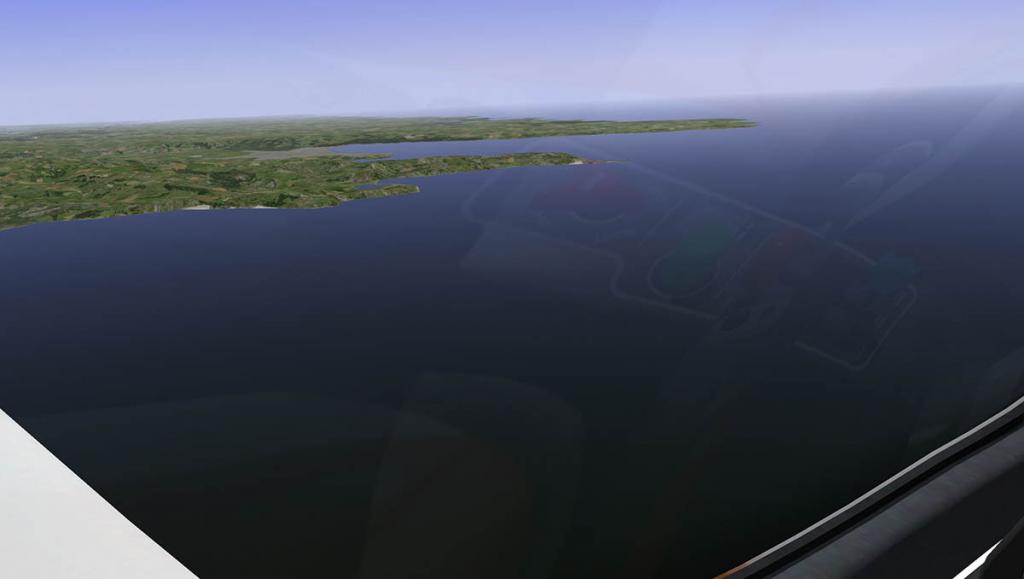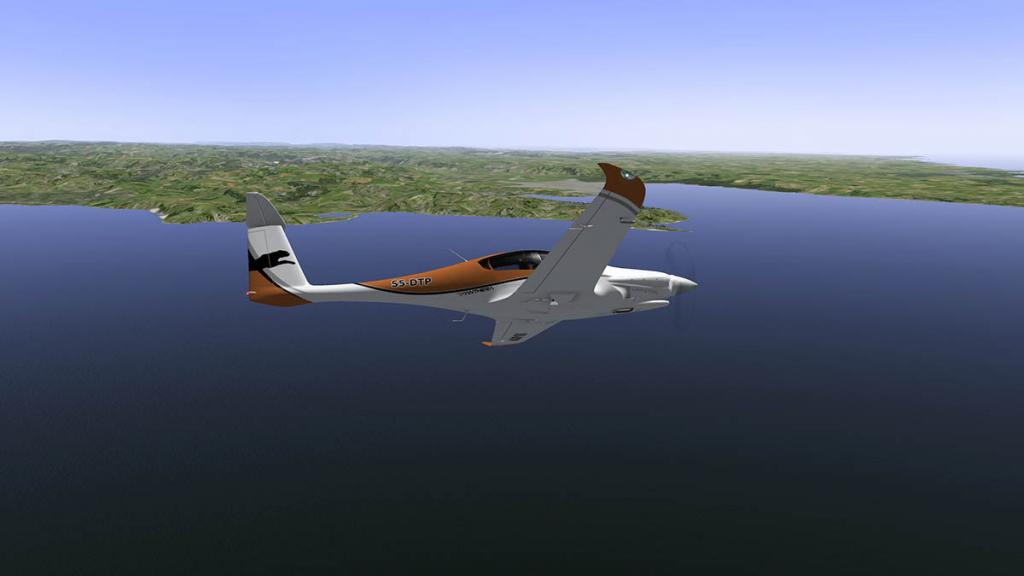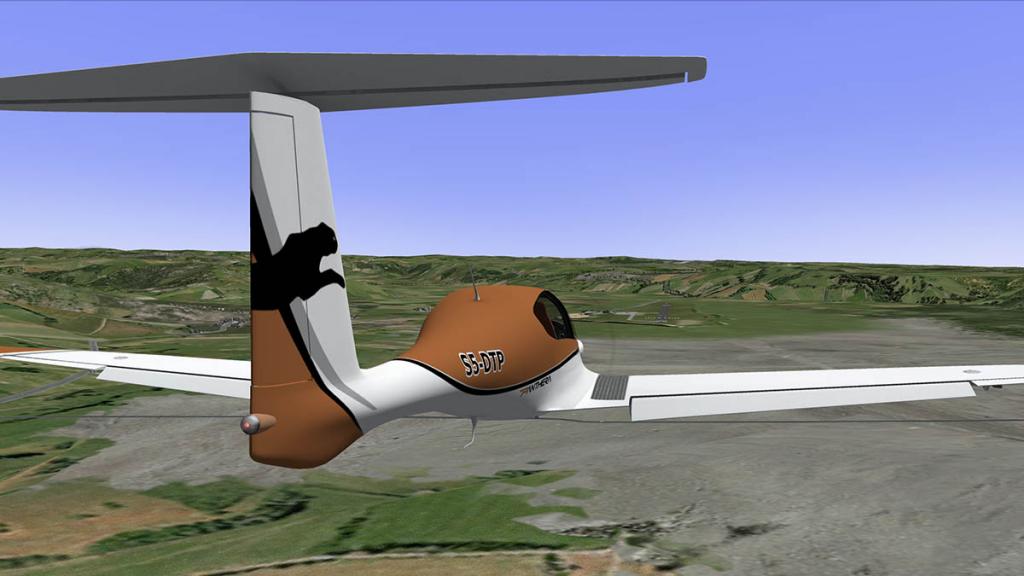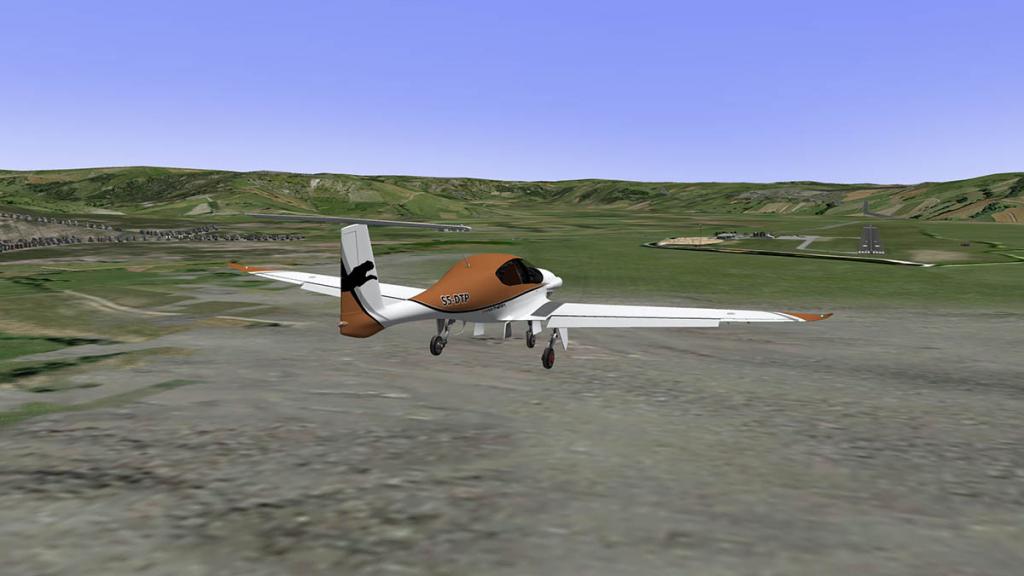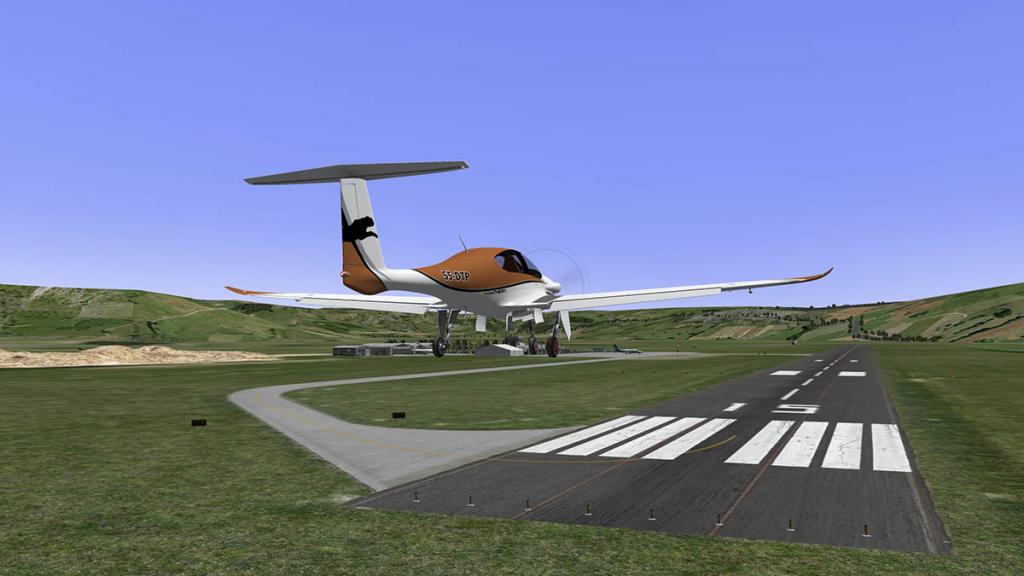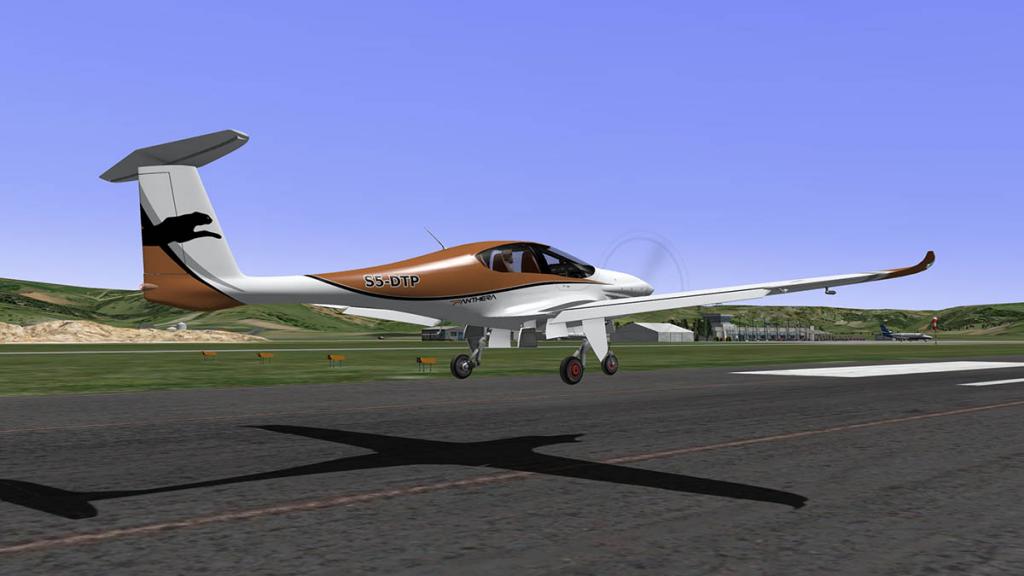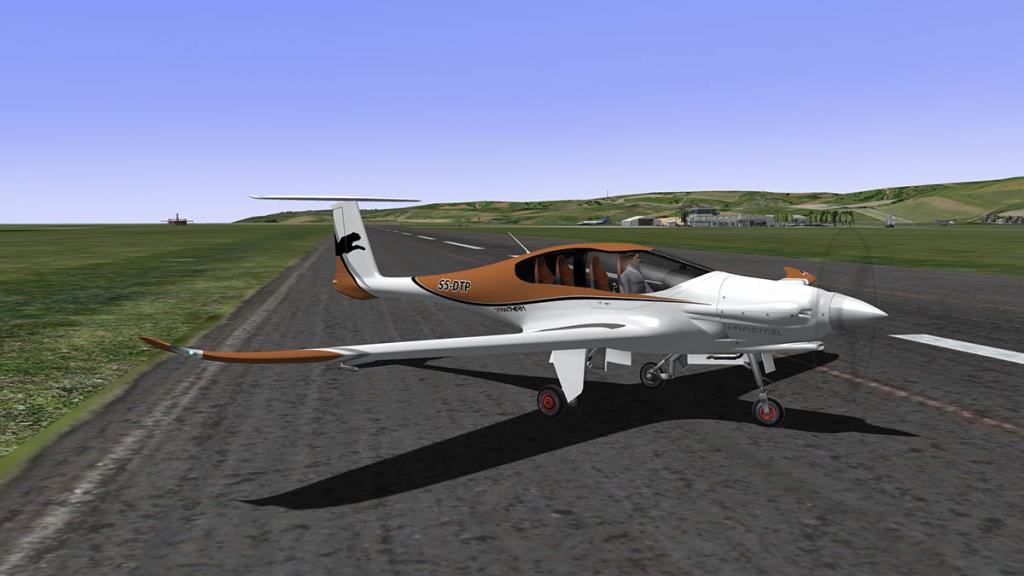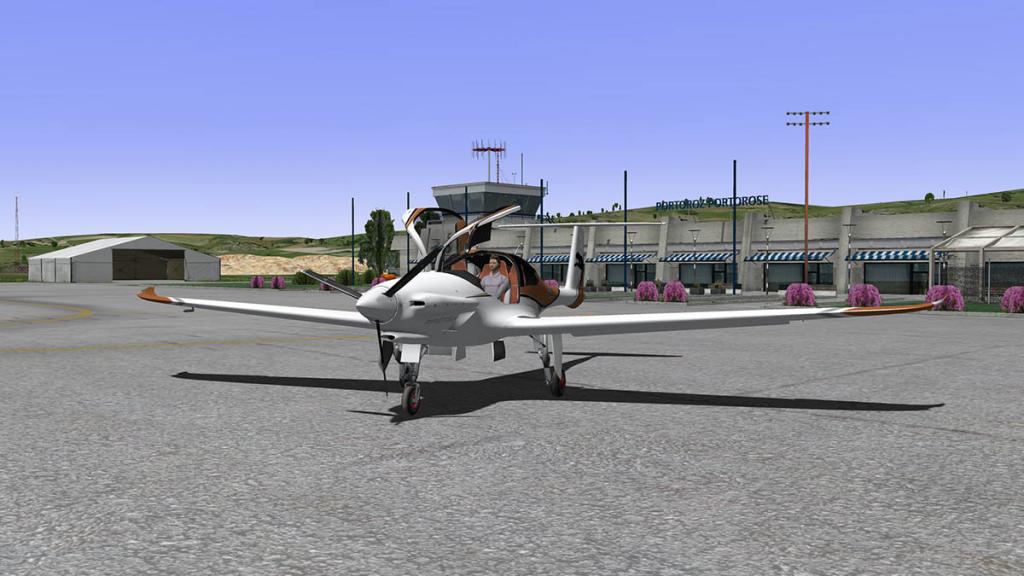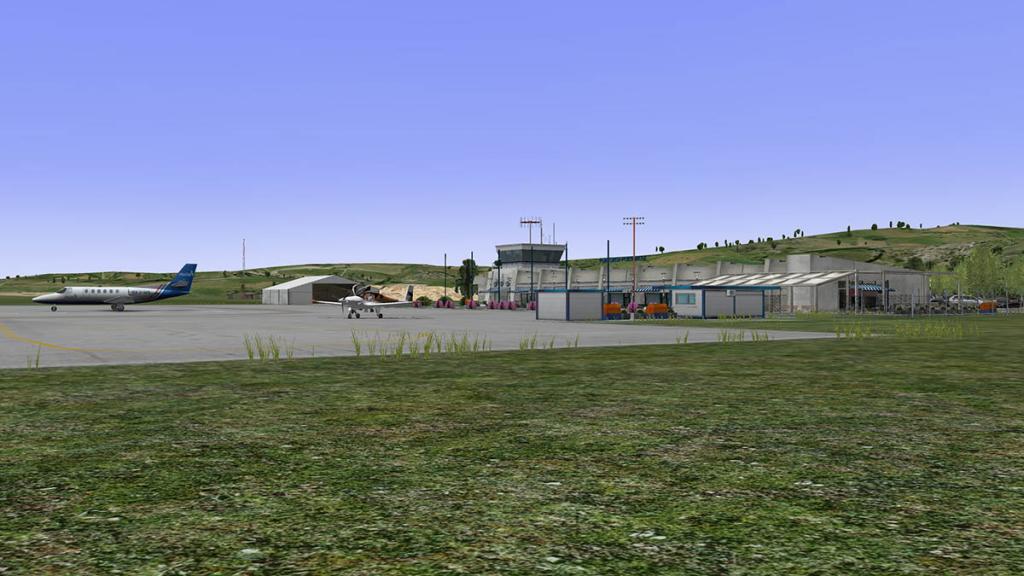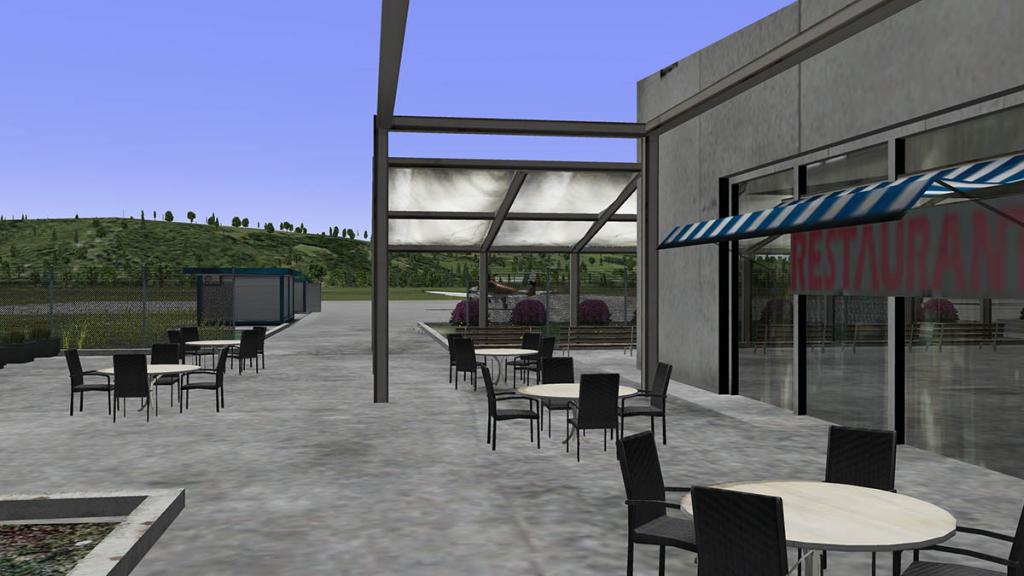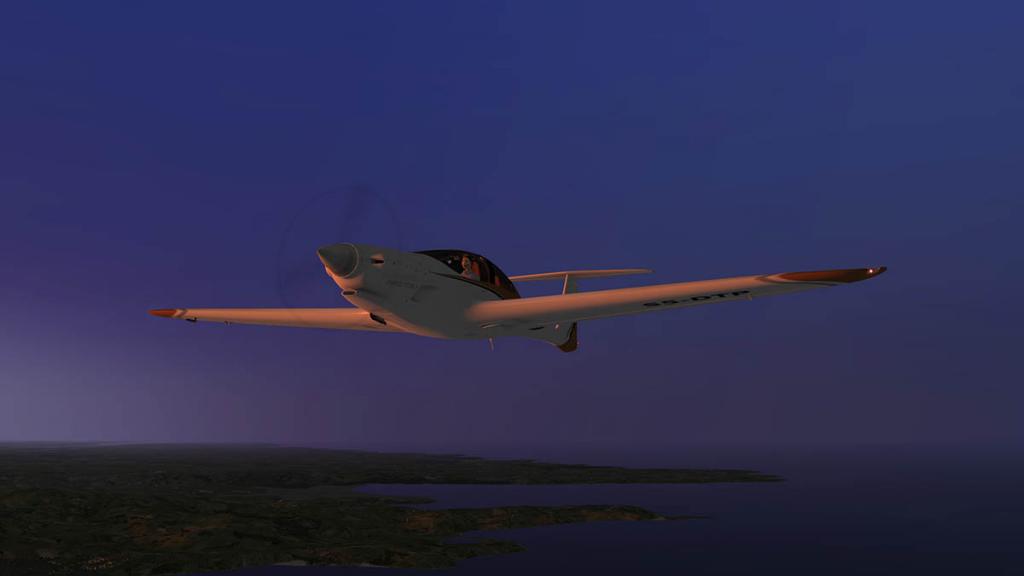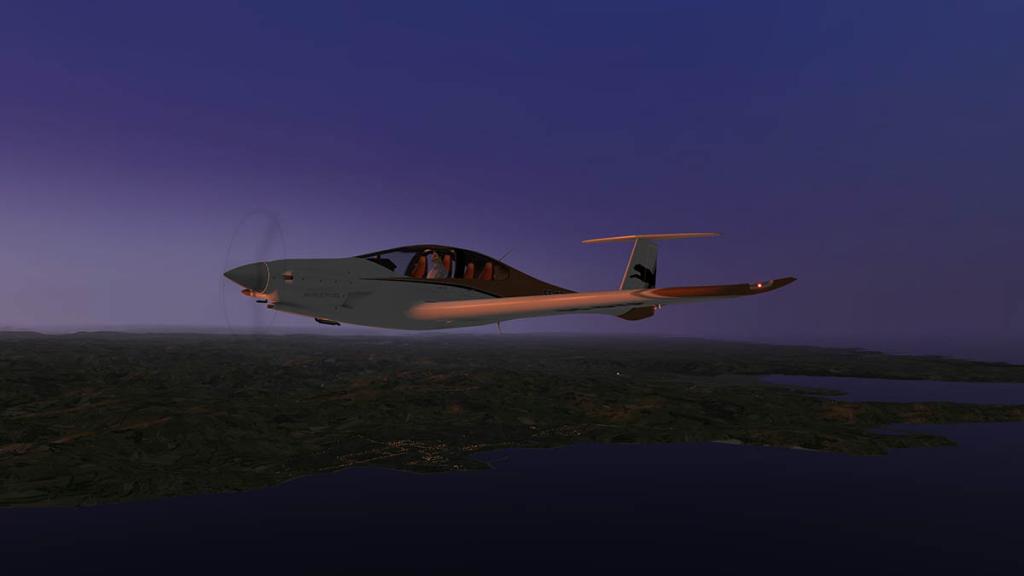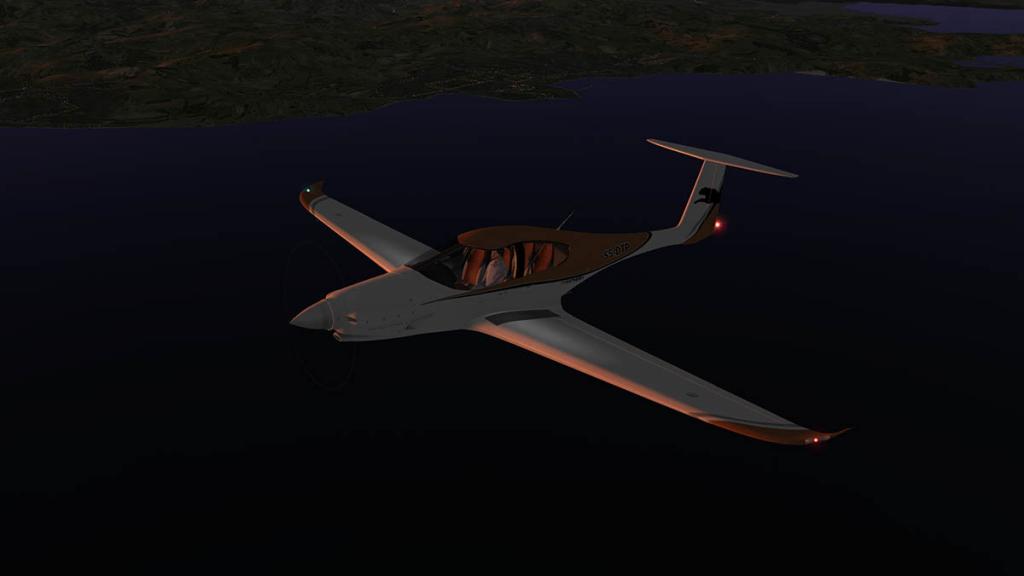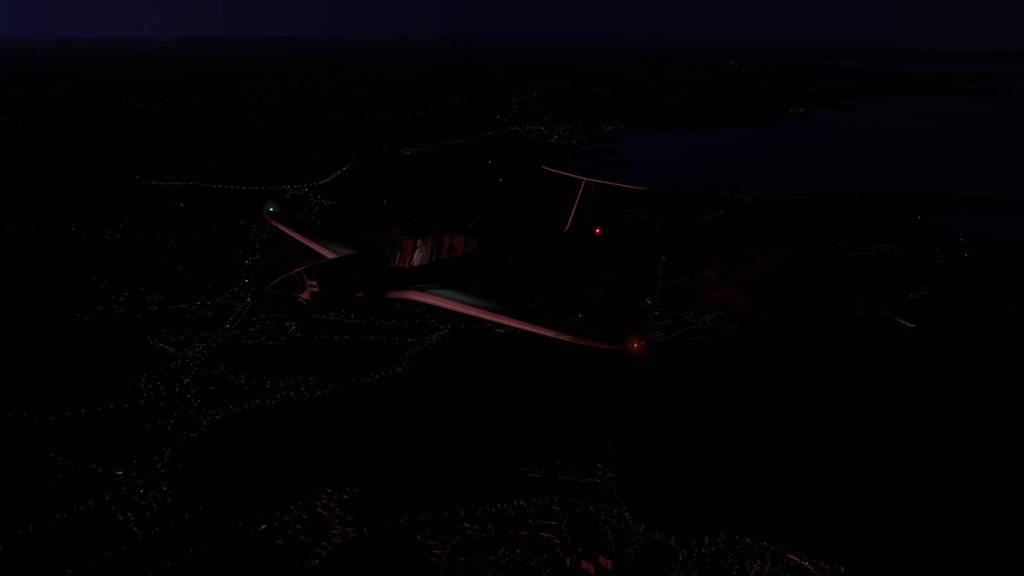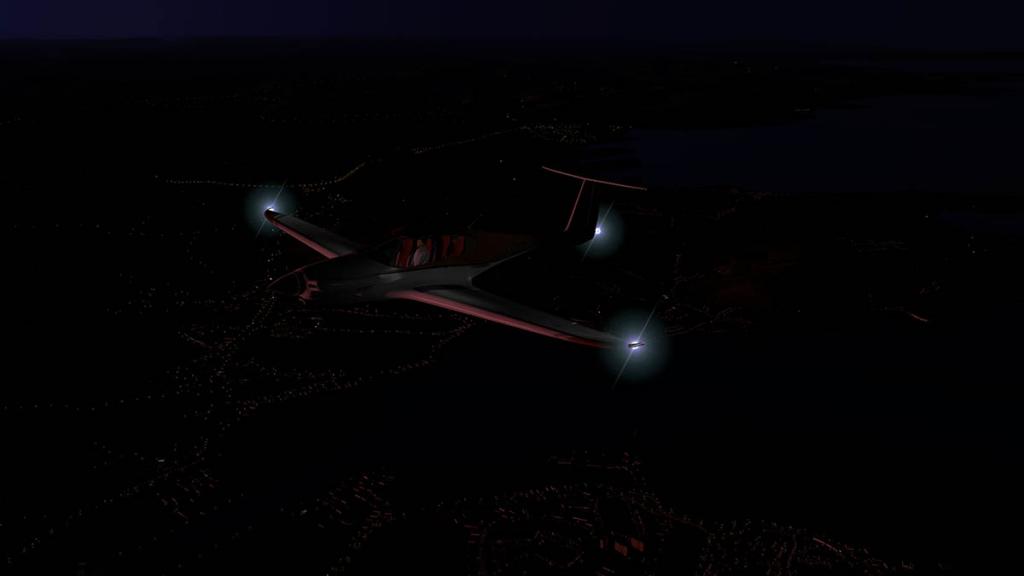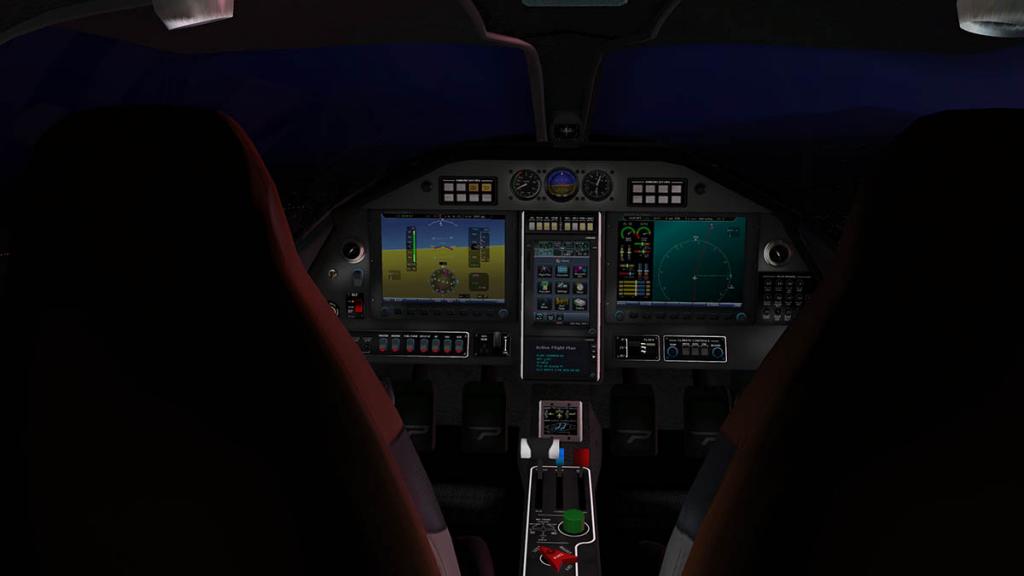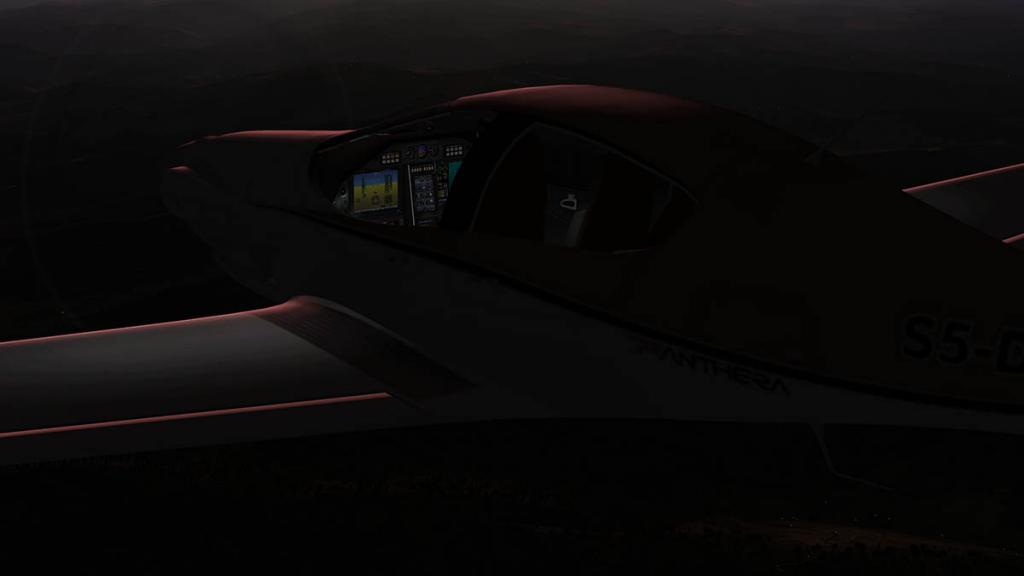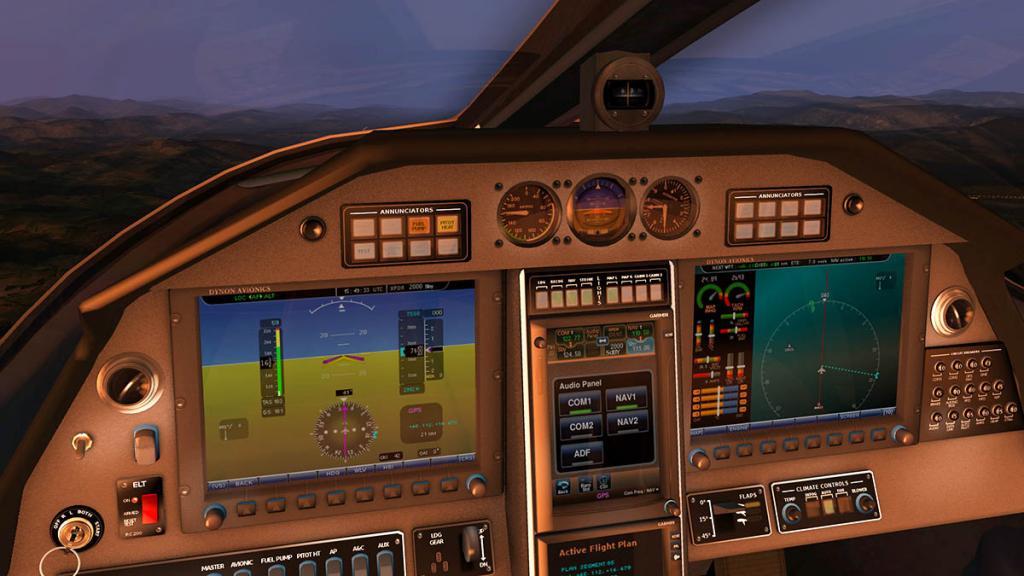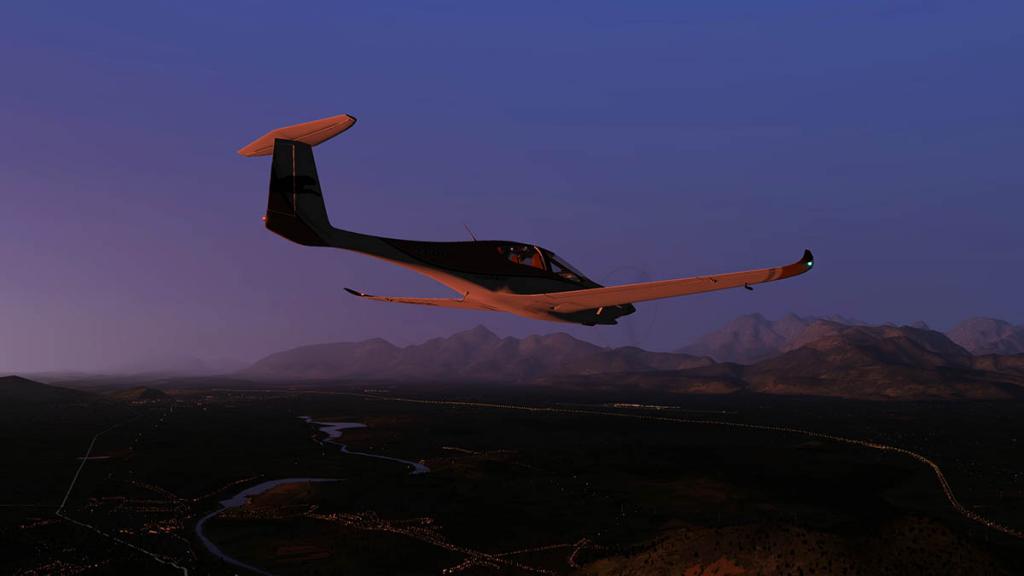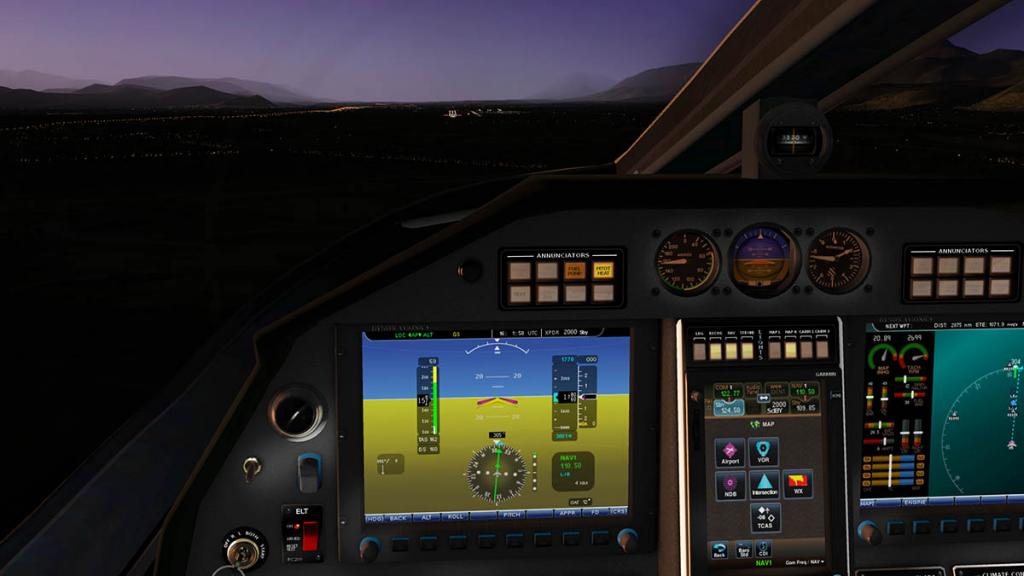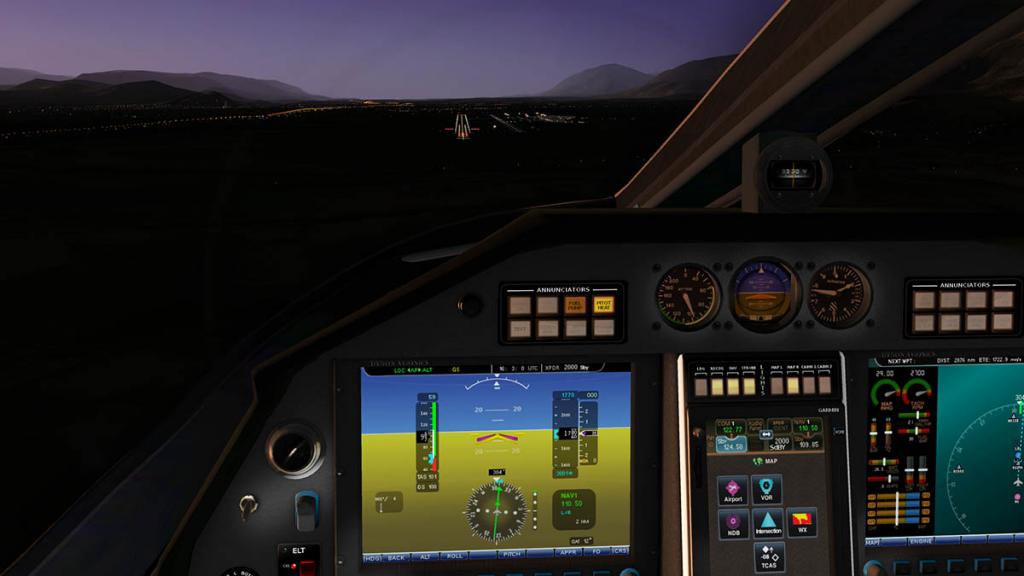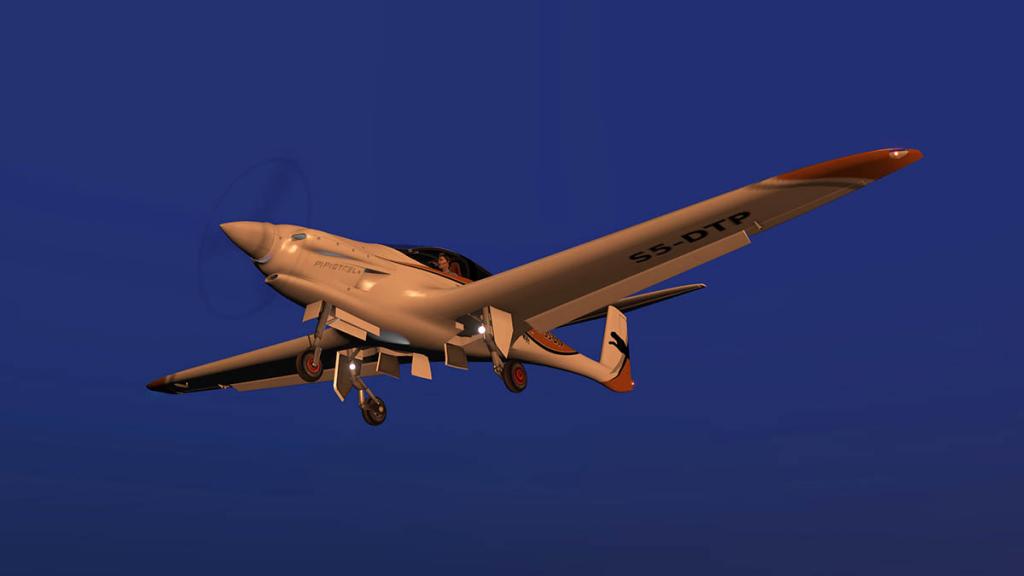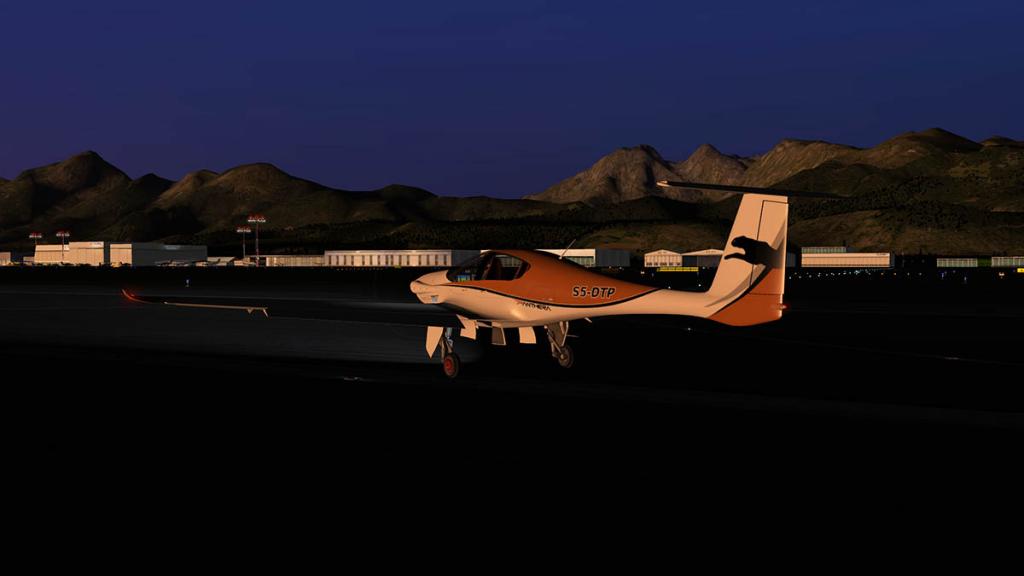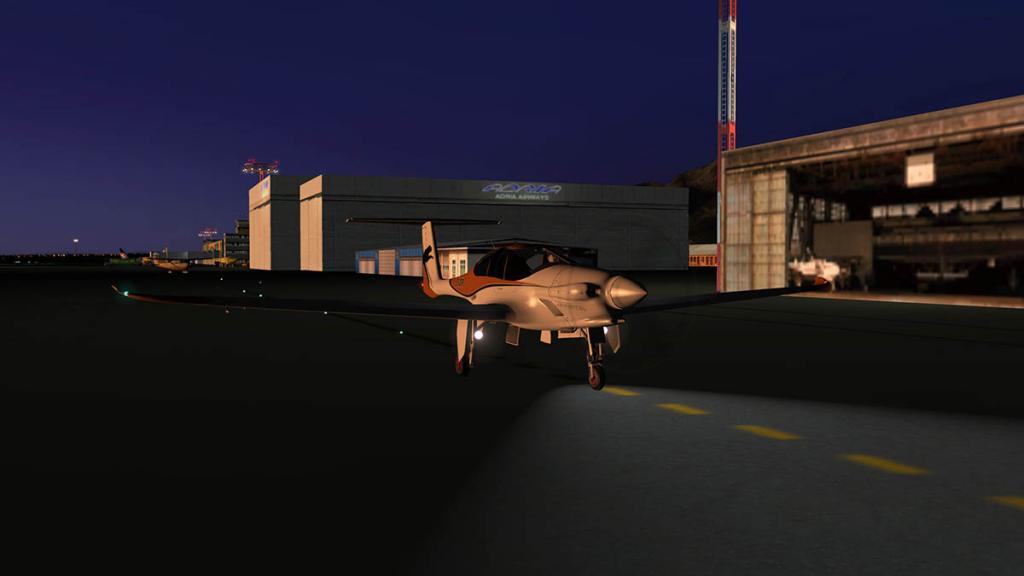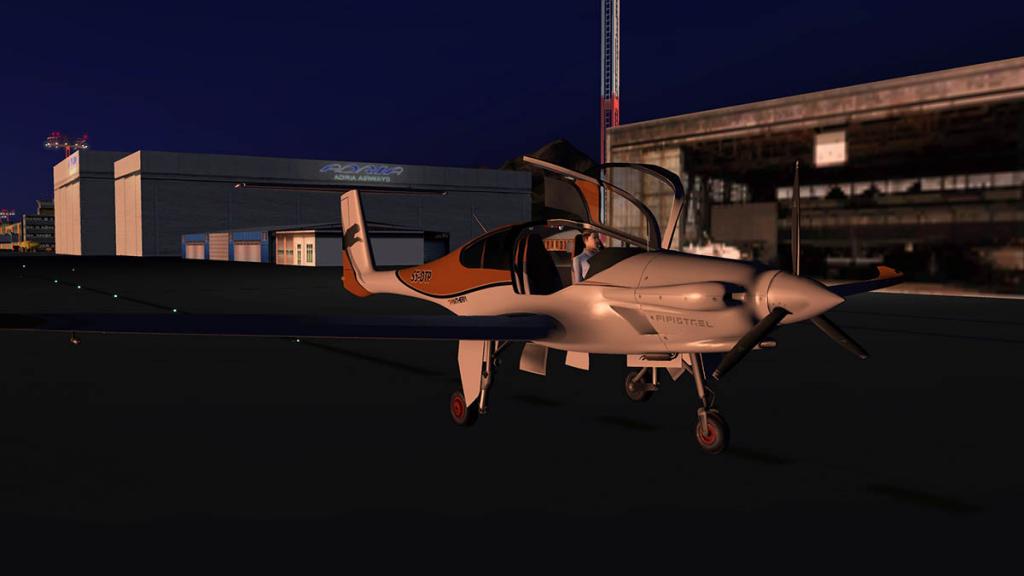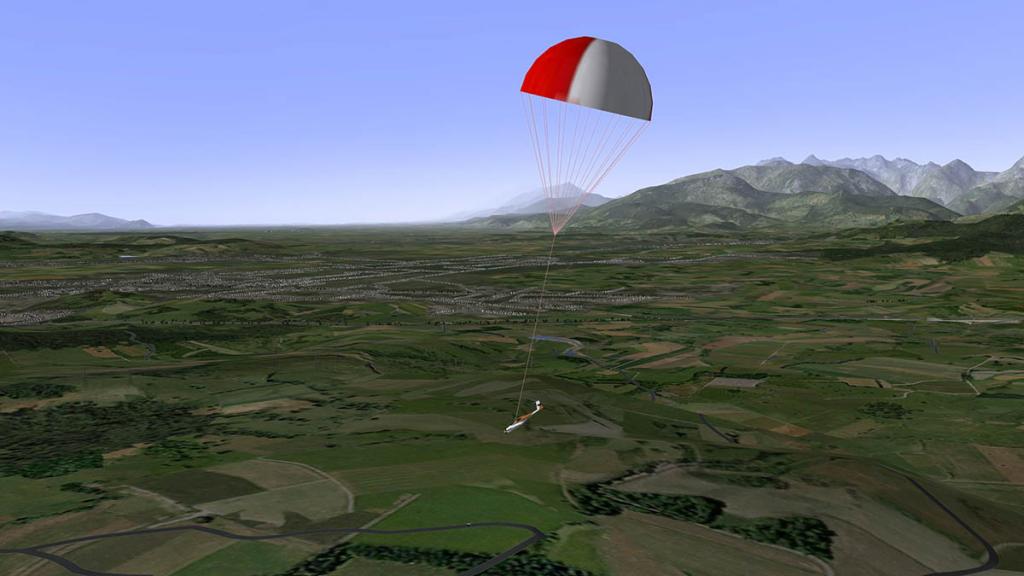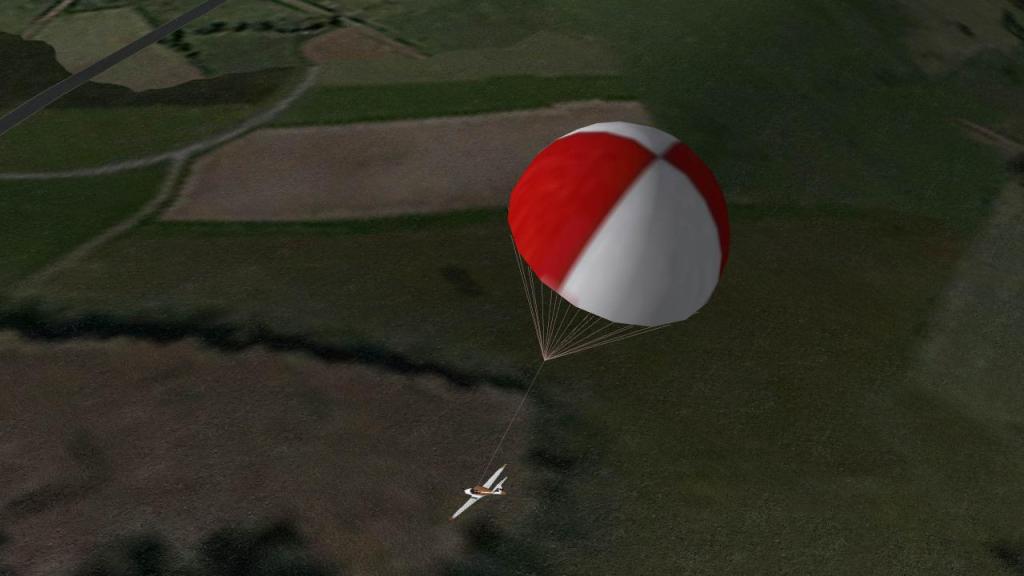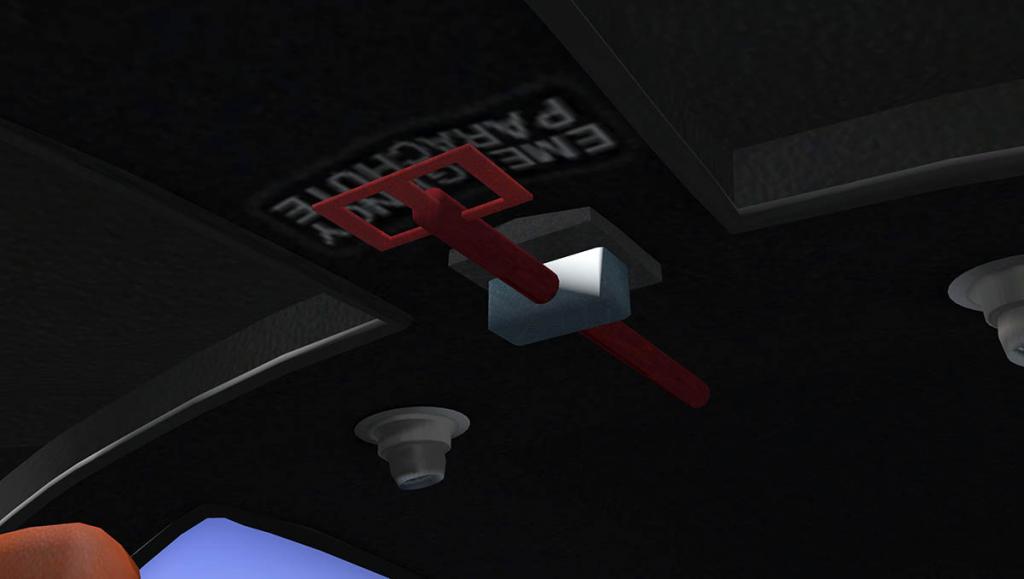Search the Community
Showing results for tags 'harranssor'.
-
Aircraft Review : Pipistrel Panthera by Harranssor Routes : LJLJ Ljubljana-Brnik to LJPZ Portorož Airport (return) The Pipistrel Panthera is a lightweight, all-composite, highly efficient four-seater aircraft now under development by Pipistrel of Slovenia, First flight was on April 2013 and the aircraft is now going through the certification process to be Part 23 certified by 2015. So whats it like? Well I went to Ljubljana, Slovenia to find out. Landing at LJLJ - Ljubljana-Brnik I found myself on the ramp looking South-East for the aircraft. I was to find the Panthera sitting here waiting for me, as Pipistrel are actually based in Ajdovščina, But as the certification work continues they are kind enough to meet me here and rather than me go to Ajdovščina. Walking along past all the maintenance hangars I reached the GA ramp and there was the Pipistrel sitting in the sun. It is a High T-Tail all composite aircraft with a 210HP Lycoming engine. Pipistrel intend to also build a 145 kW hybrid power system version, and the another with a 145 kW pure electric system. They will be however only two-seaters. Because of the composite construction the range is phenomenal at 1,181 mi; 1,026 nmi (1,900 km) and carrying four passengers. As aerodynamic looks go this aircraft is long and bulbous at the same time. Very modern looking it is. The wings at 10.35m (35.8ft) are very to extremely (thin &) wide at 10.35m (35.8ft) with very nicely turned up raked wingtips. The two doors open directly upwards, there are two rear passenger doors but they don't open?. There is a Tri-Cycle undercarriage that is well done and the main landing gear is a trailing link design. Moving up on to the wing to get a better look inside you notice that the panel is quite high and fitted with two large screens and a central (touch) menu display screen, There is a smaller (touch) screen set out below. The interior is highly attractive with four lovely well fitted bucket seats, The textures look luxurious, although the seat belts look a little large, but are well done. Powering up you activate the two large Dynon Avionics Skyview panels, the centre menu panels are the "Touchscreen Garmin GTN 750" series. You have to be very careful and not lose much time setting the aircraft up, Battery power is very limited with all these powered screens and your available power runs out very quickly. The panel has these two very large Dynon screens in the PFD (Primary Flight Display) and the MFD (Multi-Function Display) and both are MENU driven. You select your functions by the row of buttons (softkeys) on lower part of the panel, and the side knob is also a mode selector in two knobs on each screen. On the PFD display the left knob is the selection of MDA, ALT, BARO, HDG, VS, and ASPD and the left knob is CRS/ADF. The MFD the left knob is MAP MODE and right knob is MAP RANGE. The PFD has all the main instruments in Artificial Horizon, Airspeed and Altitude tapes, slip indicator and roll scale. centre is your pitch scale and flight director (when activated), AP (Autopilot) and XPDR (Transponder) Annunciators are noted across the top of the screen. You get a very large double arrow to note extreme pitch that is very effective. The MFD is dominated mainly by the (moving) map. The map seems to be off centre and too low, and the zoom is still quite wide even at the low 10miles setting, so making very close navigation decisions is quite hard at this range. You have the engine display on the left of the map (It is also available on the PFD but it badly covers the Altitude tape). A very bright and colourful display it is. Too bright or the future of panel displays? I found it confusing at a quick glance at this distance on the far side panel. The panel can be two colours of your choice. In the centre is the Garmin GTN screens, which are touch menu driven panels. Six icons cover Flight Plan, Checklist, Waypoint Info (for map display), Fuel Plan, Settings, Timer, Music, Perf.Tables and Charts. the lower part of the panel has a menu (return) Baro/std and CDI (Nav source VOR 1, VOR 2 and GPS (for locking into your route FMS). Bottom (smaller ) GTN 750 is four Menu items in Flight Plan (above far right image in Charts), GPS Location, Wind (Temp) and Weather (METAR). On top of the main GTN screen is your radio functions, here you can select your radio frequencies and transponder. Select the frequency you require by the button, then change it in the above window. (the knob is at the bottom of the panel right), The ADF is a pain to find as it is tuned by a knob on the PFD. Ditto the Transponder which is again situated on the PFD, but on the far left knob and the correct menu. (CODE is for setting the IDENT) and the settings are noted at the top of the PFD panel. Lower is a small display for the TRIM Indicator and Climate Controls. The central divider has your throttle (Thust), Prop (adjustment Fine-Coarse) and mixture (MXT), Rudder Trim and Fuel selection (Left-Right-OFF). Just under the glareshield is your backup Airspeed, Arti-Horizon and Altimeter. Warning lights are situated each side. The lighting panel is set out below. Flying the Panthera Check the fuel via the Fuel panel and the put MXT and PROP levers to full forward. Turn the key and nothing happens?... You have to press a sort of button on the side of a Key area before you get any action. Pull down the door via the handle, both doors close together as one action. To taxi is very nice, speed is easily controlled and you can easily find the right pace. LJLJ-Ljubljana's runway is very long at 3300m, so the taxi run down to RWY13 took ages. The Panthera was how ever very comfortable but the view forward is slightly restricted by the high panel. With the power going on you have to work the pedals a little to keep the aircraft straight, I selected 15º of flap as those long wide wings are highly efficient but more in the cruise zone than here at takeoff. Rotate was at 70kts that is shown by a green zone on the speed tape. The Panthera is not a great climber, with a full passenger load you would have to keep your pitch at less than 500fpm (feet per minute) here I can use 600fpm but that is close to rubbing the speed off (the specifications note a climb rate of 1200fpm? I never even got close to that?) my altitude today is only 6500ft as the flying distance is very small. It is also slightly nervy in the air, but nothing to serious. I doubt this would be an aircraft to throw around the sky. There is a G-Meter as well on the PFD to make sure you don't. As the speed build to a cruise speed of between 160knts to 165knts the aircraft comes into its own. This Pipistrel is really at its best as a long distance cruiser, although spending eight to nine hours at this speed at full range would test your sense of humor. Cruising speed: 232 mph; 202 kn (374 km/h) : Stall speed: 68 mph; 59 kn (109 km/h) : Never exceed speed: 253 mph; 220 kn (407 km/h) : Range: 1,181 mi; 1,026 nmi (1,900 km) : Service ceiling: 20,013 ft (6,100 m) : Rate of climb: 1,200 ft/min (6.1 m/s) The aircraft looks graceful in the air. The work by Harranssor is very good and clean. There are no real nitty gritty dirty areas so it can be slightly bland in areas like the wheelwells and around the undercarriage. But it does have great curves and that modern plastic feel of composites. The side windows are beautifully shaped with great side views out. But you will need to use the high texture (render settings) to get the best out of it. The liveries are not very efficient as the Ultra-High Definition textures are large at 4096x4096 in size (there are "Lite" versions included) but using the higher texture setting of "Too Much" can use you more frame-rate than is really necessary. Lower settings create poor small jaggy's around many areas that is noticeable around areas like the cockpit windows. Choosing the right livery can help, as a dark one is better than a lighter shade. Liveries There are six liveries with the S5-DPT as the default, The white looks great but poor unless you use your higher texture settings. The is a great Pink Panther livery (If you remember the cartoons!) that looks real fun. Sounds Sounds are very good, and there is a lot of them. There is 60.3mb of high quality sounds by soundsnaps that includes a woman's voice telling you various actions that the aircraft is doing, like "Approaching Waypoint", I don't usually like these sorts of gimmicks, but here it works really well. You can have Music in the cabin as well. Two tracks of J.S BACH : Toccata and Fuge MOZART : Requiem in D minor are supplied, but you can change them to Eric Clapton if you want to. A turn to the coast over Trieste signals the point of descending to the altitude of 1200ft for landing at Portorož Airport. I like the big buttons on the centre GTN 750 display. the waypoint selection is very good and so is the fuel page that barely moves in consumption (you can only load fuel on the ground via the arrows). Glass and window reflections are excellent (They can be turned off in the settings menu). And you get drops of rain on the windows at lower speeds (no wipers). Then your workload goes up... The aircraft is very heavily menu driven. So to do even simple things like change your heading (HDG) and vertical pitch (VS) can be a lot of button pushing To adjust your heading you first press the knob on the left of your screen to select HDG. But where is the heading setting? It is located under ROLL?.. This then gives you three settings of HDG-WLV-HSI. Only then when you select the HDG button can you then adjust your heading via the left knob. (Note the HSI button is to select your route FMS flightplan, yes the function is buried deep here in the menus if you want to save two hours trying to find it). Want to adjust your Vertical Speed (VS)? then go back to the main left knob and select "VS" to get get the VS button (soft key) to then adjust your VS via the knob. So just to change your heading and adjust your VS (The VS is shown on the altitude tape) you then have go back and forth through these 2-3 steps? Put that together on an approach and you want to wish you could just "Turn a Bl***y knob"to go either up or down or left or right. Your workload is very heavy by this system as your head is always in the menus. Approach The flaps are very aggressive, so you have to get your speed down almost in the red 70knts zone to set the 15º first setting, then get a little power back on to overcome the drag. With the next 45º setting will need as much caution, as the aircraft brakes heavily from the drag. So you will need the power then almost full up to counteract the drag effect. I found that you didn't need much pitch to lower your altitude? the easiest way is to use your throttle, because if you lower your speed you then also lower your height. If you pull back the throttle a long way then it can drop like a stone. so the power band is usually in the higher forward position. It is very effective in landing like this with the throttle, Your hands are on the stick and the throttle only as you lower you yourself easily down. Landing speed is only 65knts-to 70knts (here 66knts) and flare is very easy with just an ease off the throttle to touch down lightly on the Terra Firma. (just watch it being a little nervy in crosswinds). The Aerobidge LJPZ - Portorož Airport is an excellent place to park up and get some lunch and spend a few moments working the out the best menu actions to be smoother in the complex take-off and landing stages. Practice here will help, but add in a few extra elements (like a lot of radio traffic) then your workload is still going to be quite high. Night Lighting With departure the light is starting to disappear. The aircraft looks very smooth in the low light as it highlights its long wing surfaces. Lighting is good but no better with HDR switched on except for the landing lights. Standard Nav/Position lights are highlighted by the good strobes. Inside the lighting is fine but doesn't have much adjustment. The screens have three levels of brightness in dull, brighter and very bright. Arrival LJLJ As the Karawanks (Slovene: Karavanke, German: Karawanken) bathed in the fading light I made my turn to final on RWY31, you have to careful in the dark here as there are ranges on the approach. I wanted to use Ljubljana MDB (MG 296mhz) as the turn for my approach but gave up because I couldn't tune it in, I found it later on the ground. On the PFD the vertical ILS bar switches on for use. APP armed and I was soon aligned with RWY31 ILS (117.20) it is recommended to sort your flaps and speed out ready before collecting the slope. If you drop 45º during the ride in it may take you up out of the beam and to lose it. Coming out of the beam the flare was very good with a good throttle setting and again use the throttle to settle the aircraft. No airbrakes but the aircraft soon bleeds off the speed to use the effective brakes. A taxi back to the hangar with the twin landing lights showing the way and shut down. You have to admire Pipistrel in doing such a innovative project like the Panthera, It is no easy task to create an aviation manufacturing business in this day and age, and do it so well as they do here. For a small country Solvania should be proud of this little company's achievement. One last feature of the Panthera is a safety feature... An emergency parachute! So the engine gives out? what to do?.. well pull the big red handle above your rear passengers and a parachute will glide you back to safety... So my Solvanian adventure has come to a close and it is time to catch a late flight out. But for a moment I look out at the mountain range in the distance and Austria is only over there as well. No doubt I will return. Conclusions Harranssor has done a great aircraft here. If you liked his Diamond DA-42 then you will love this. It is very modern and flies very differently than the usual Cessna or Piper. It is very complex on first viewing, but the manual is excellent (In Eng & French) and Mario Donick has done an excellent set of tutorial and charts , (there are real manuals for the GTN and Skyview panels included as well). The Hi-Def liveries can push your VRAM over the 512mb limitation if you computer is low on VRAM, this makes the frame-rate struggle (Low Def-Versions are available for 3 liveries). You really need to read and cross-reference the manuals to understand the menu system before flying the aircraft. In the end I found myself working them better than when I started. But they can keep your head in the screens for periods of time as the required items can be seemed to be hidden in menus under other items. If you are hunting around you can easily lose the sense of time. Once sorted the Panthera is an interesting aircraft to fly, and at its best when wanting to cover fair distances over 500nm. The panels are however excellent and the centre Garmin GTN Panels are easy to use and access and provide a lot of information. Overall for the price it is excellent value and as noted the Panthera is an interesting aircraft to fly. If this Pipistrel is the future of General Aviation flying? If it is then it will be an interesting future for aviation. For simulator pilots that future is here now with this aircraft. ______________________________________________________________________ Yes! the Pipistrel Panthera by Harranssor is now Available from the X-Plane.OrgShop : Pipistrel Panthera Price is US$19.95 Installation : Download is 231mb, and installation size in your aircraft folder is 282.10mb. You can change over "Black Panther (LowDef)", "S5DTP (LowDef)" and "White Panther (LowDef)" from the Hi-Def liveries. Documentation : Support: Pipistrel Panthera Review By Stephen Dutton 26th January 2014 ©copyright 2014 : X-Plane Reviews Technical Requirements: Windows, MAC or Linux. X-Plane 10.20 or higher - 32 and 64 bit compatible. (X-Plane 9 not supported) Current version: v1.01 Last updated: January 21st 2014 Review System Specifications: Computer System: - 2.66 Ghz Intel Core i5 iMac 27” - 6 Gb 1067 Mhz DDR3 - ATI Radeon HD 4850 512mb Software: - Mac OS Mavericks 10.9 - X-Plane 10 Global ver 10.25 (final) Addons - Saitek x52 Pro system Joystick and Throttle Scenery - LJLJ Ljubljana-Brnik - xflusi (.org LJLJ-Ljubljana-Brnik 1.1) - Tech note: I removed the heavy photo underlays to save VRAM and as it looks better - LJPZ Portorož Airport - Aerobridge (Aerobridge)


